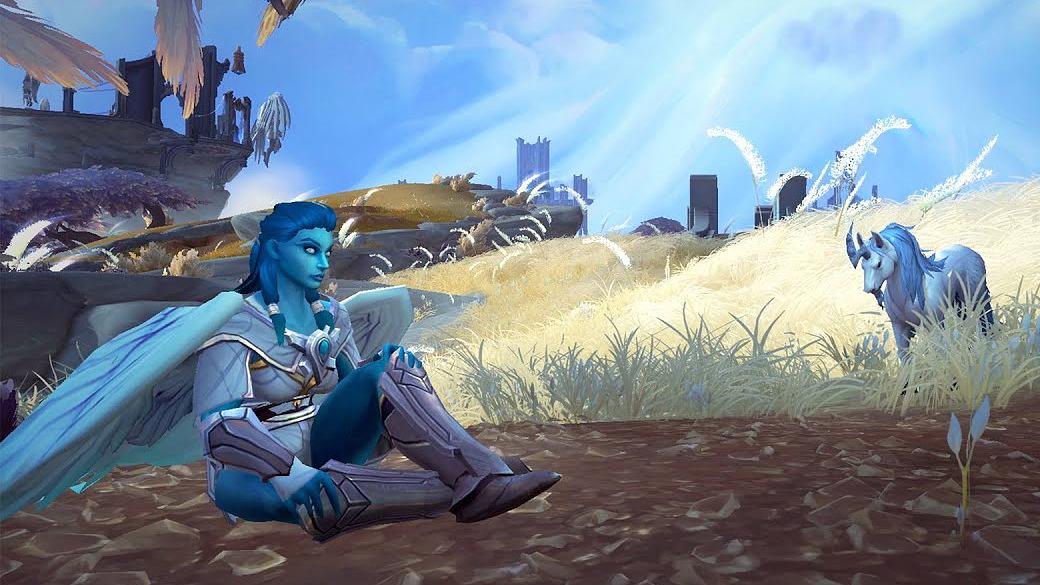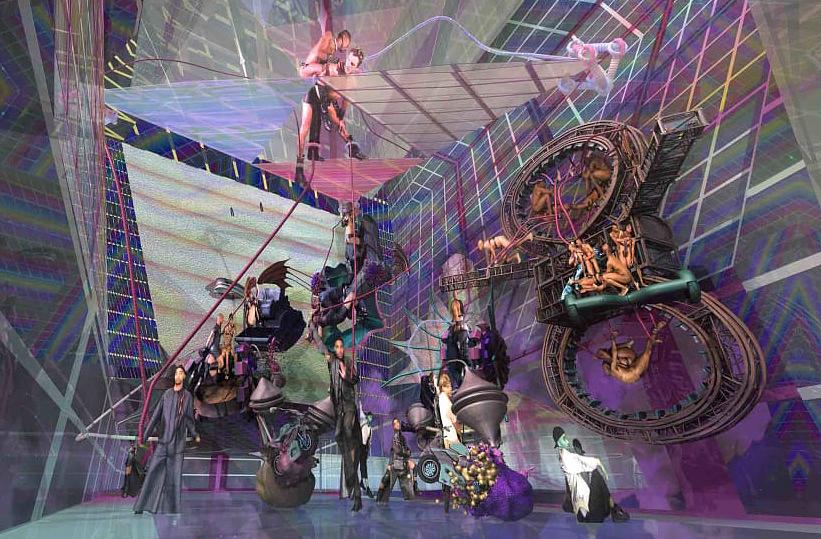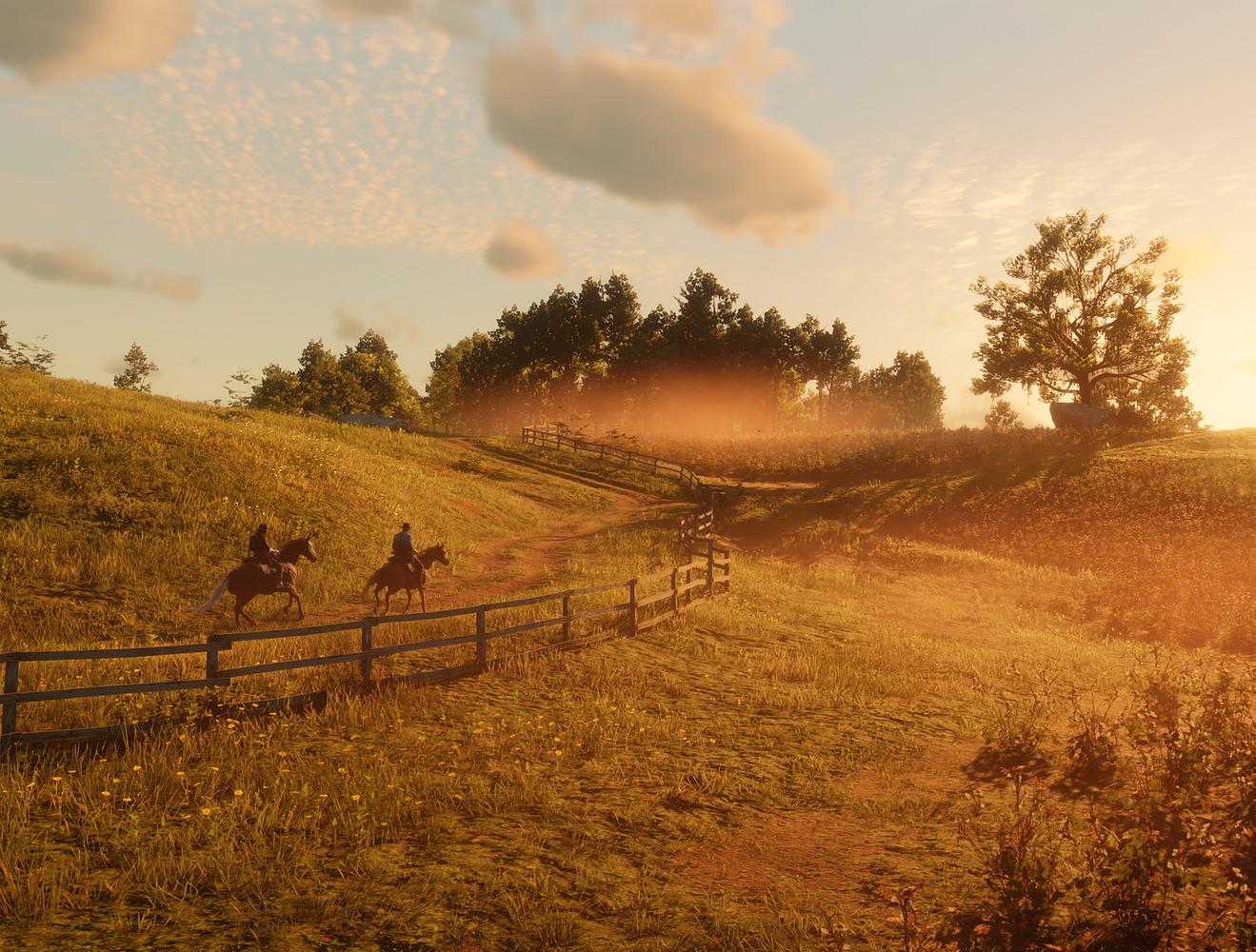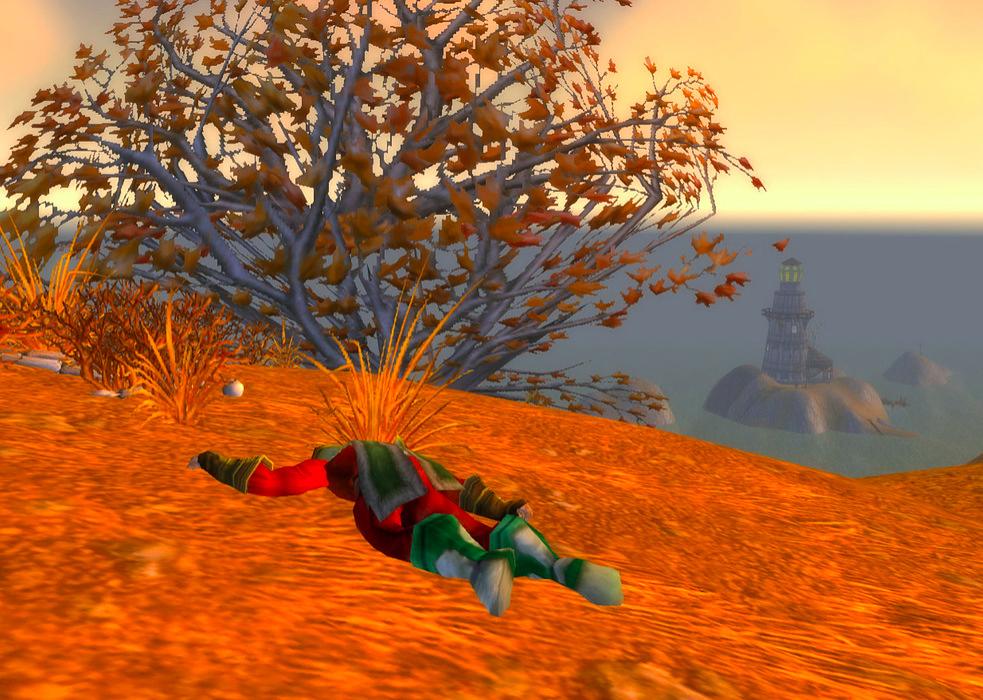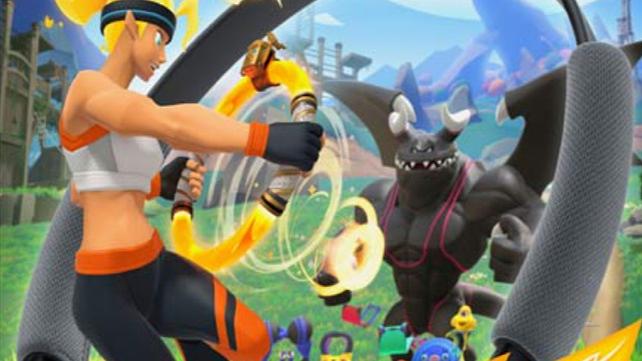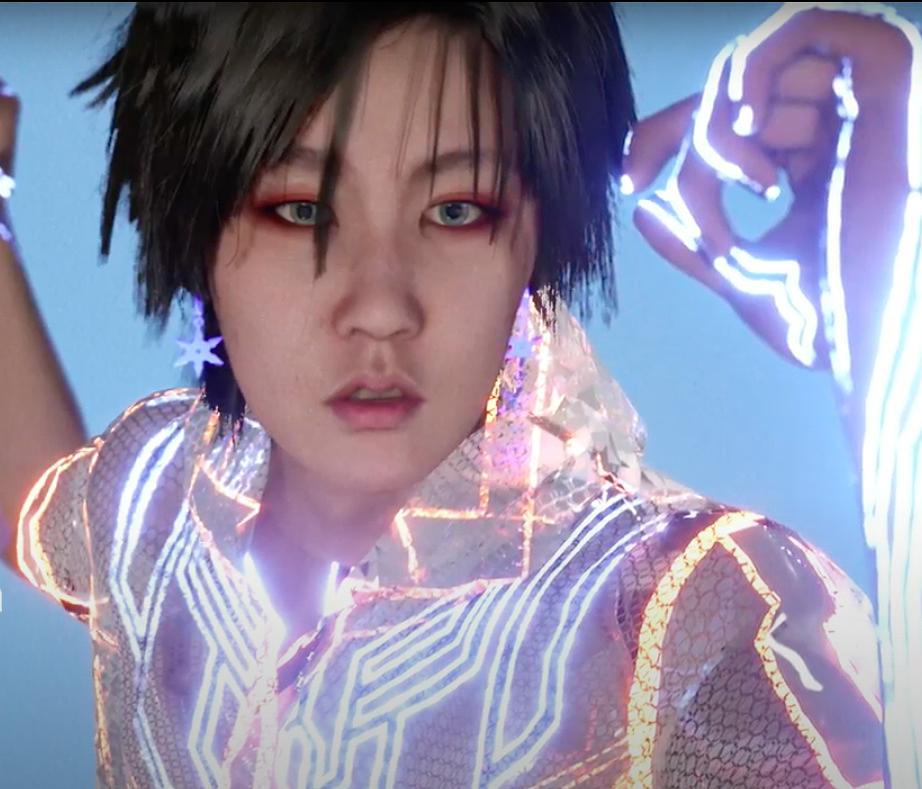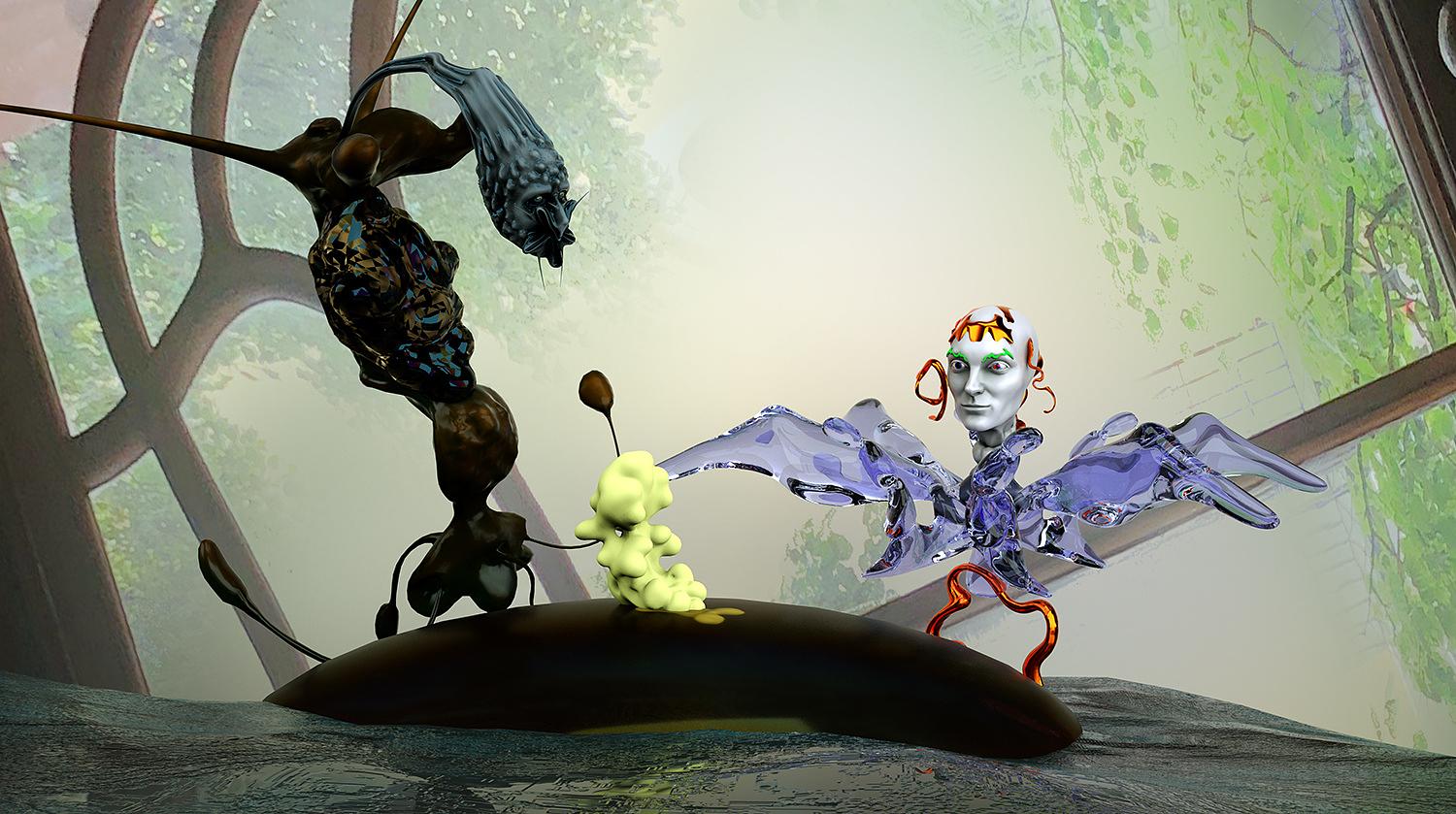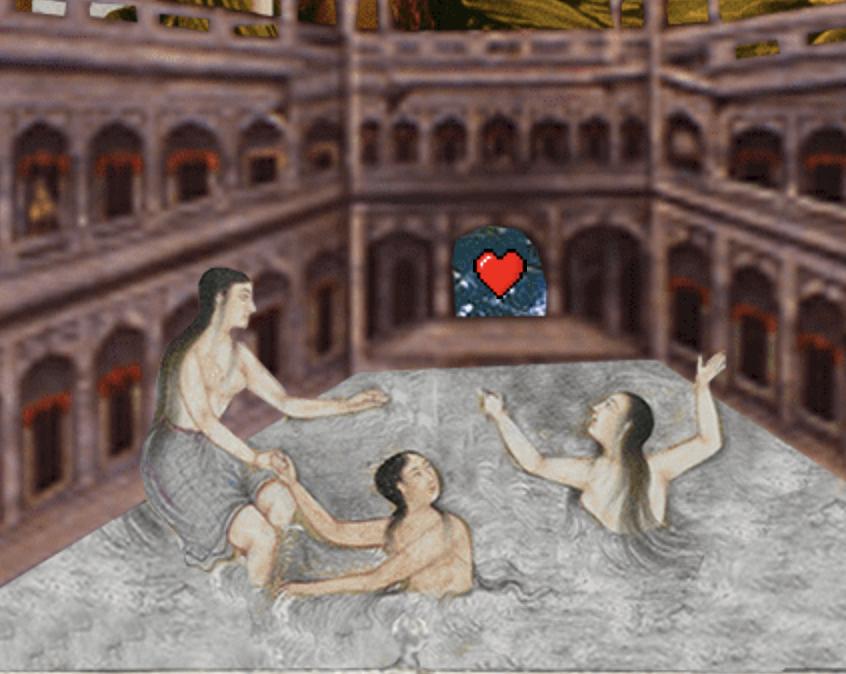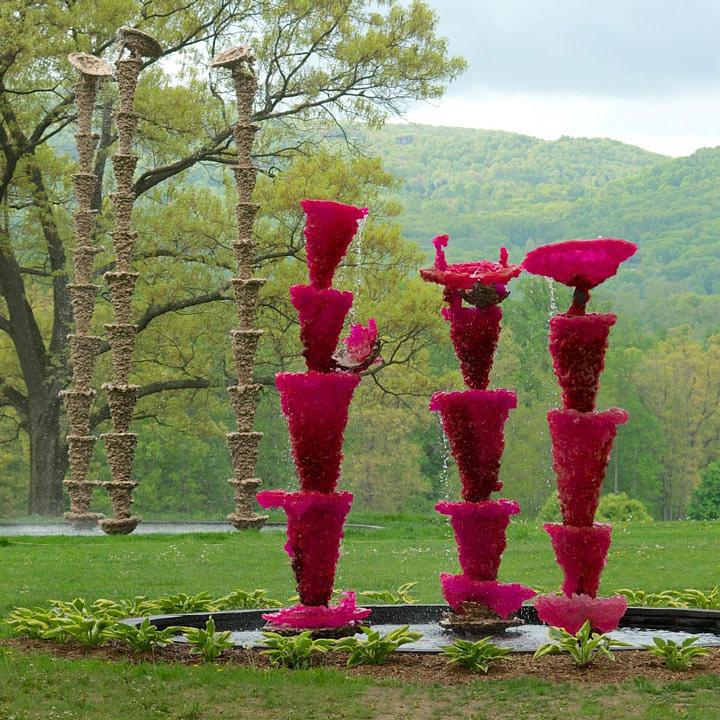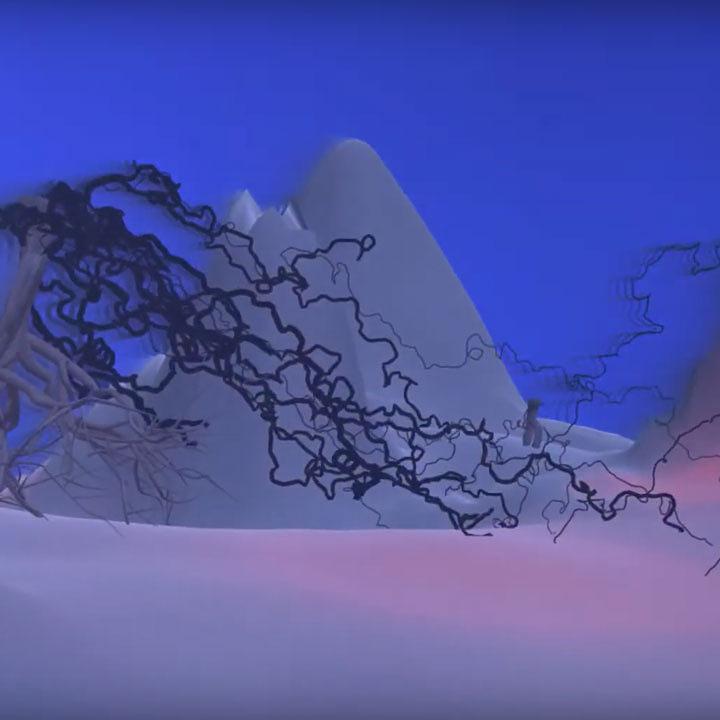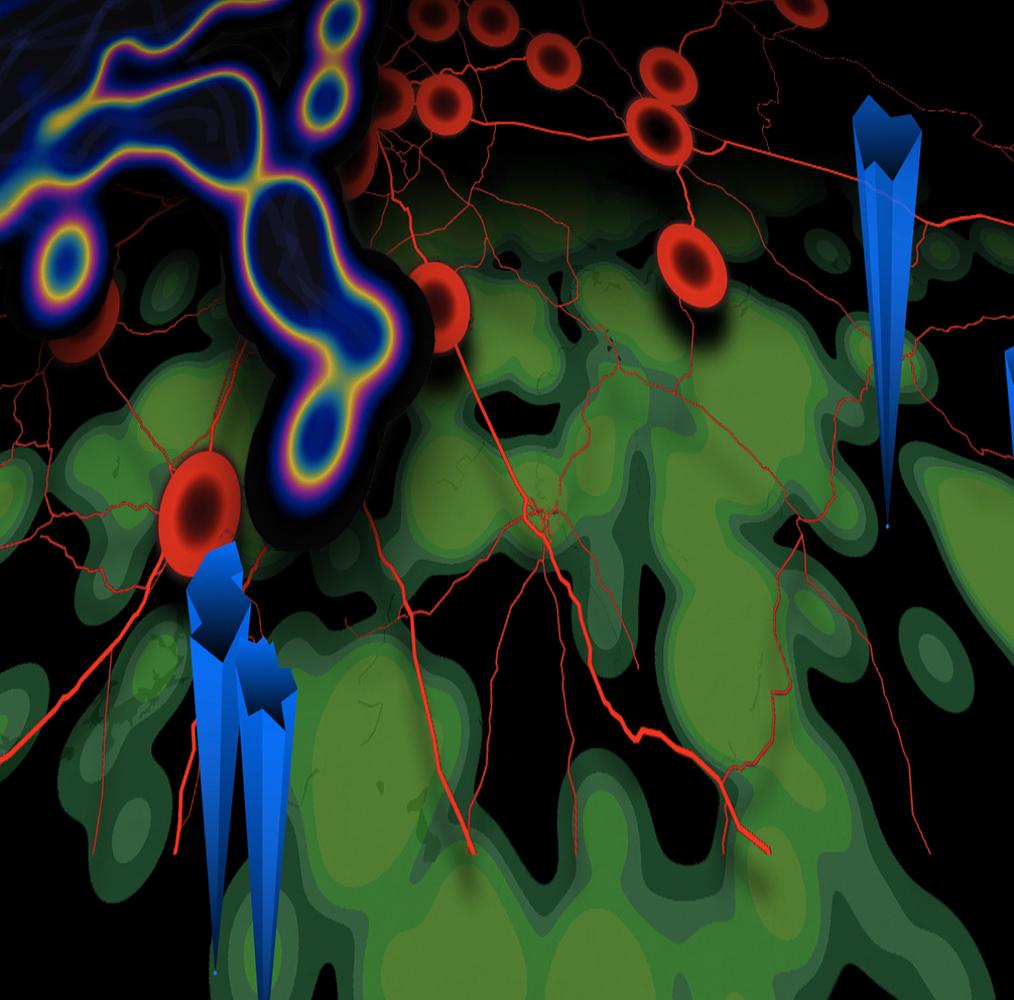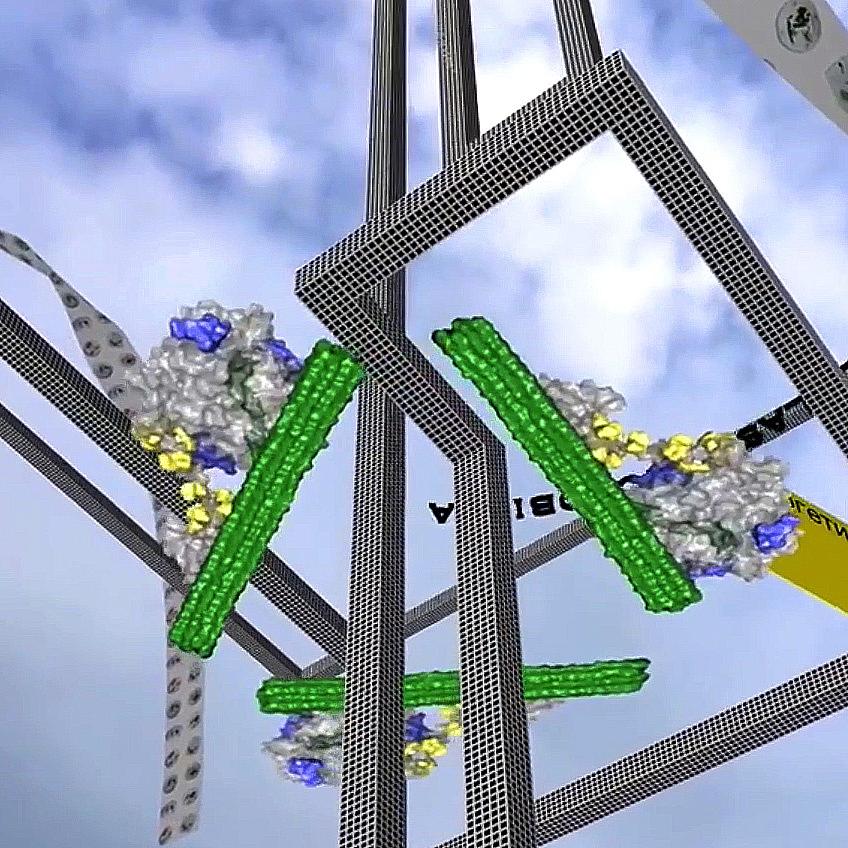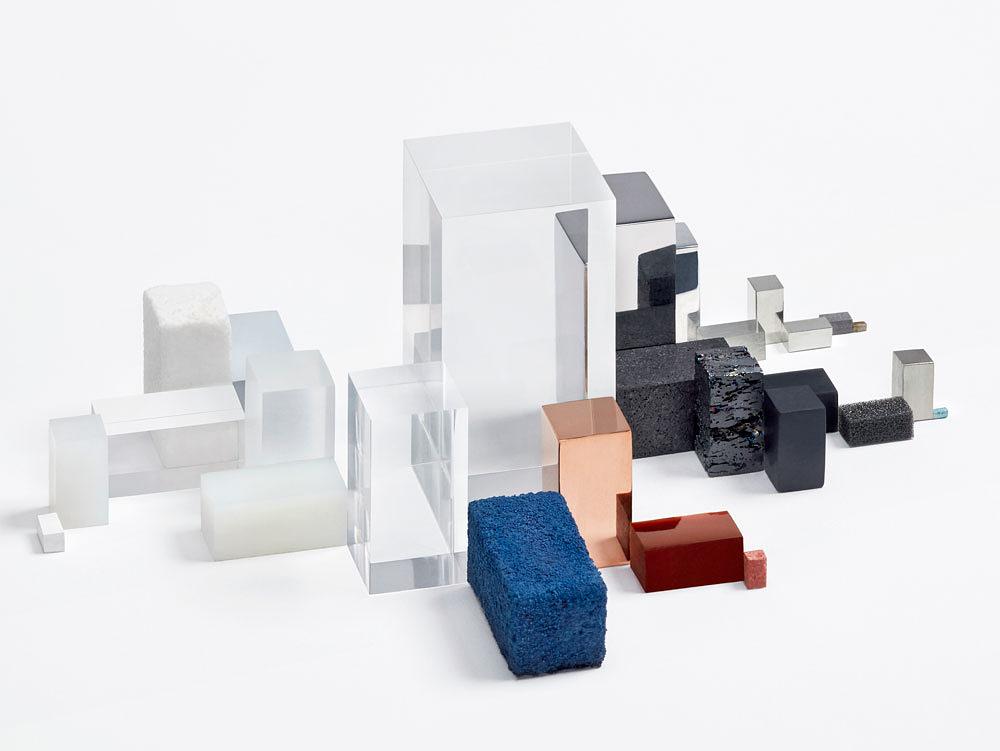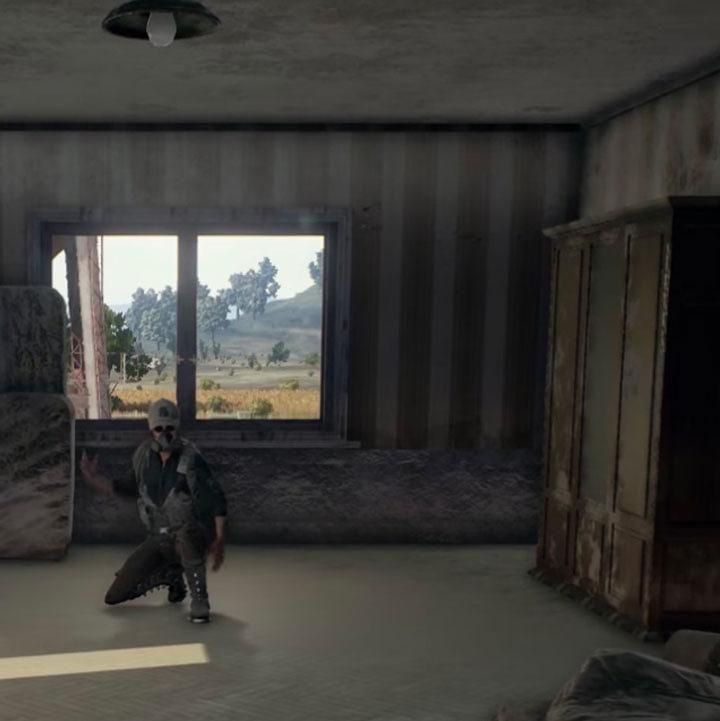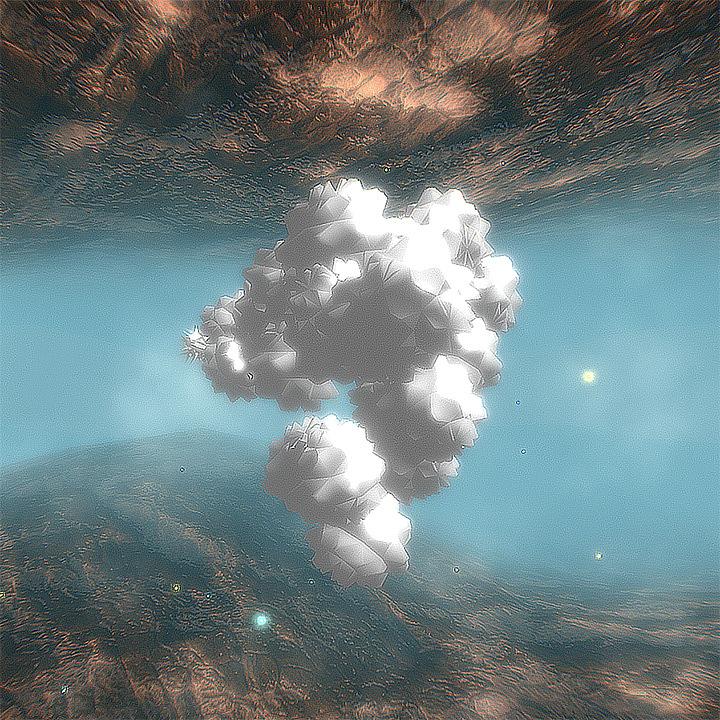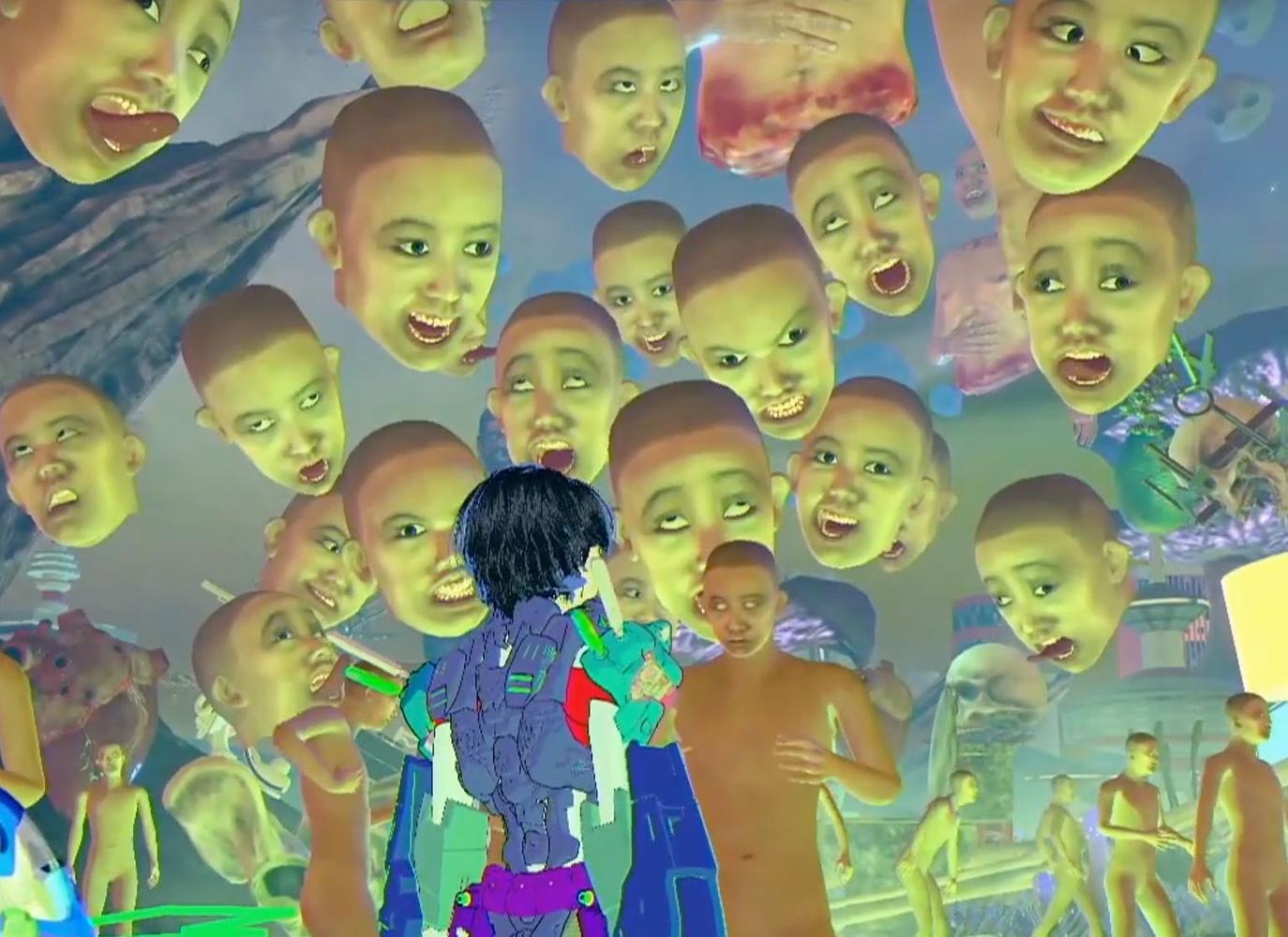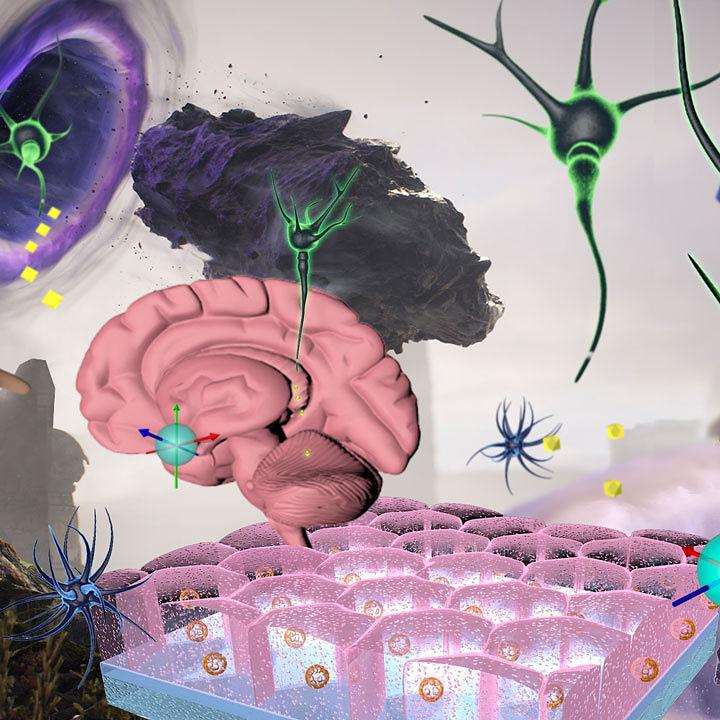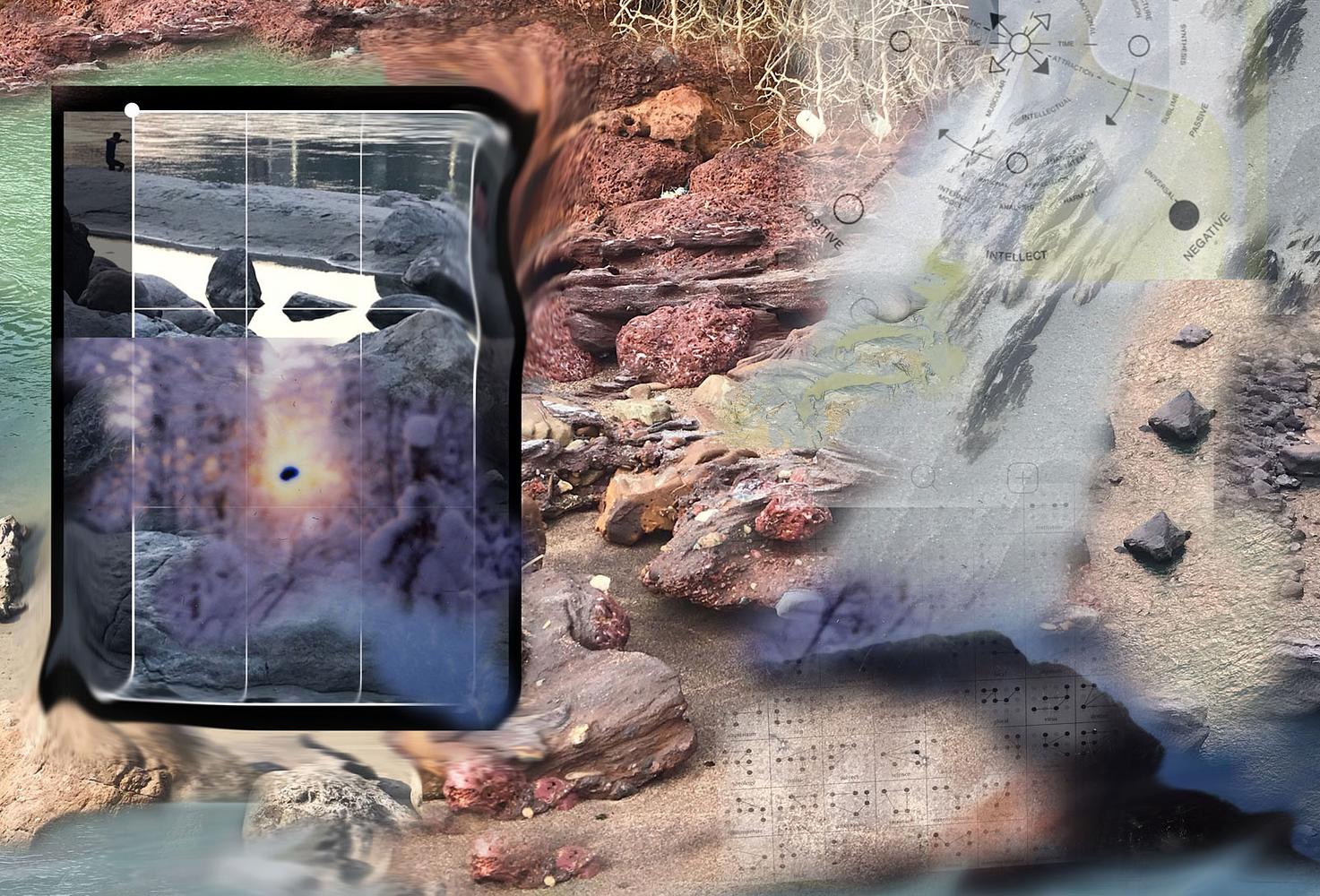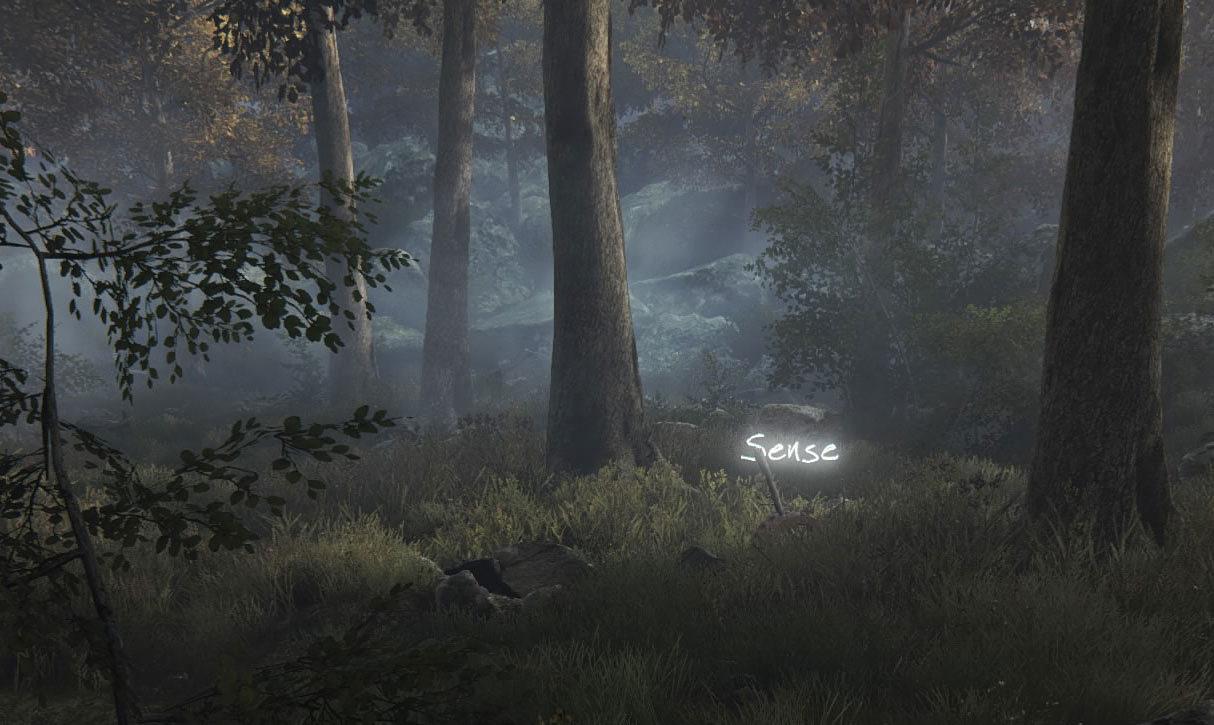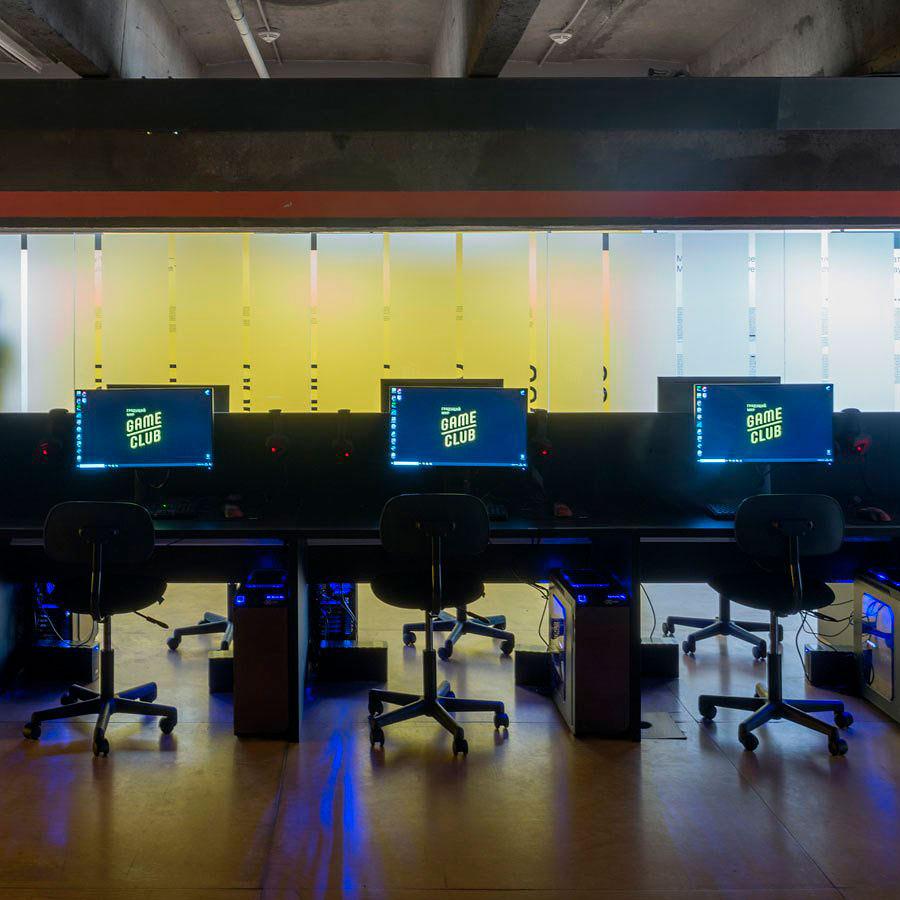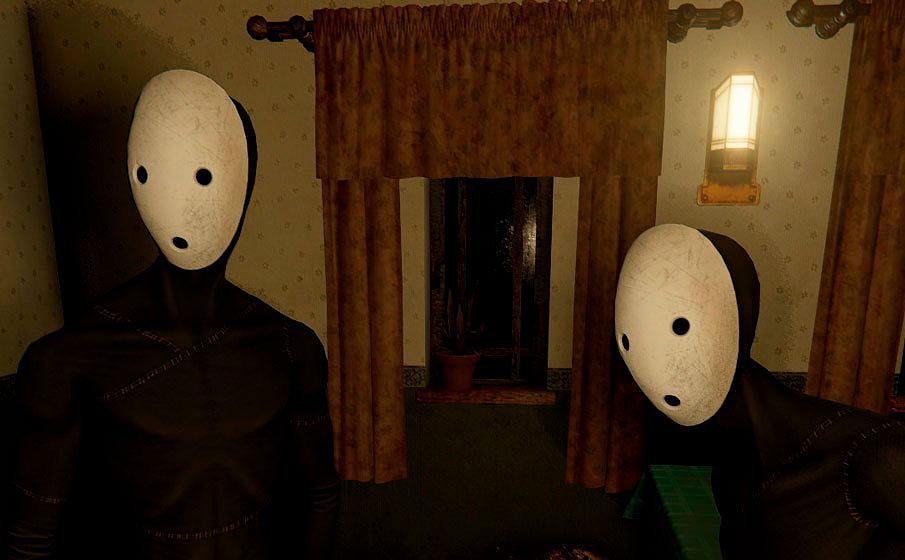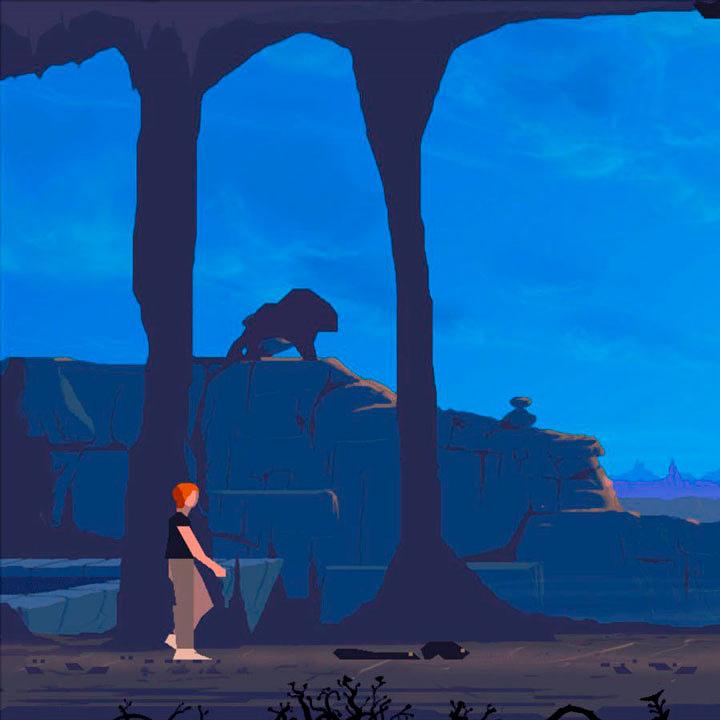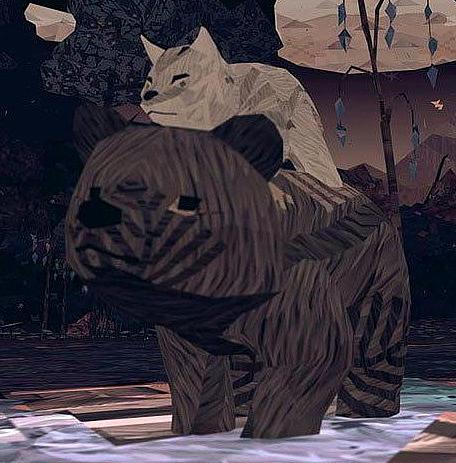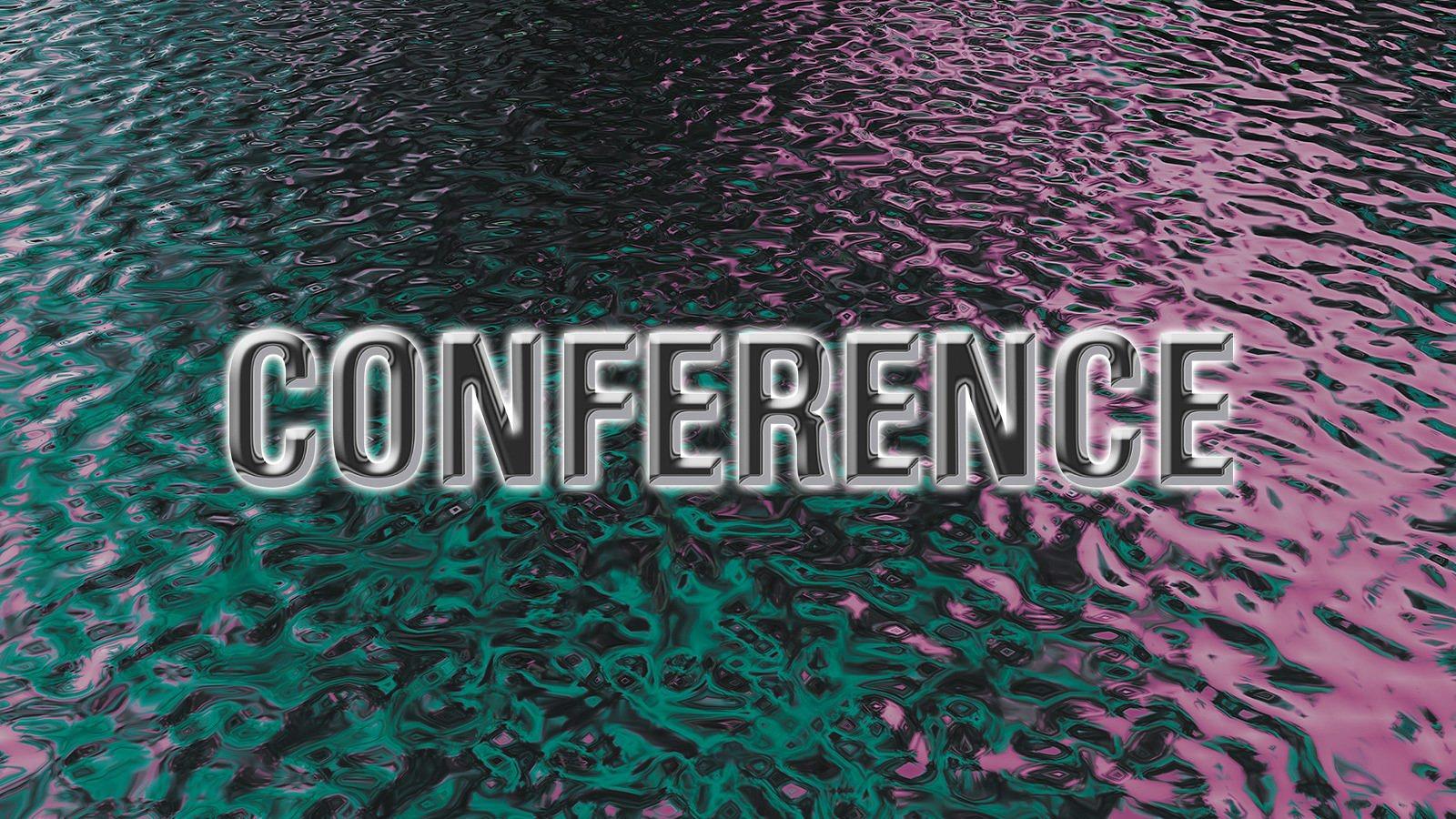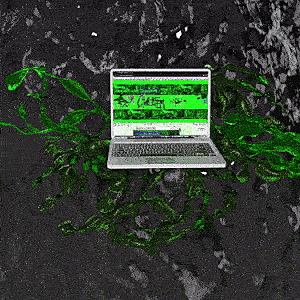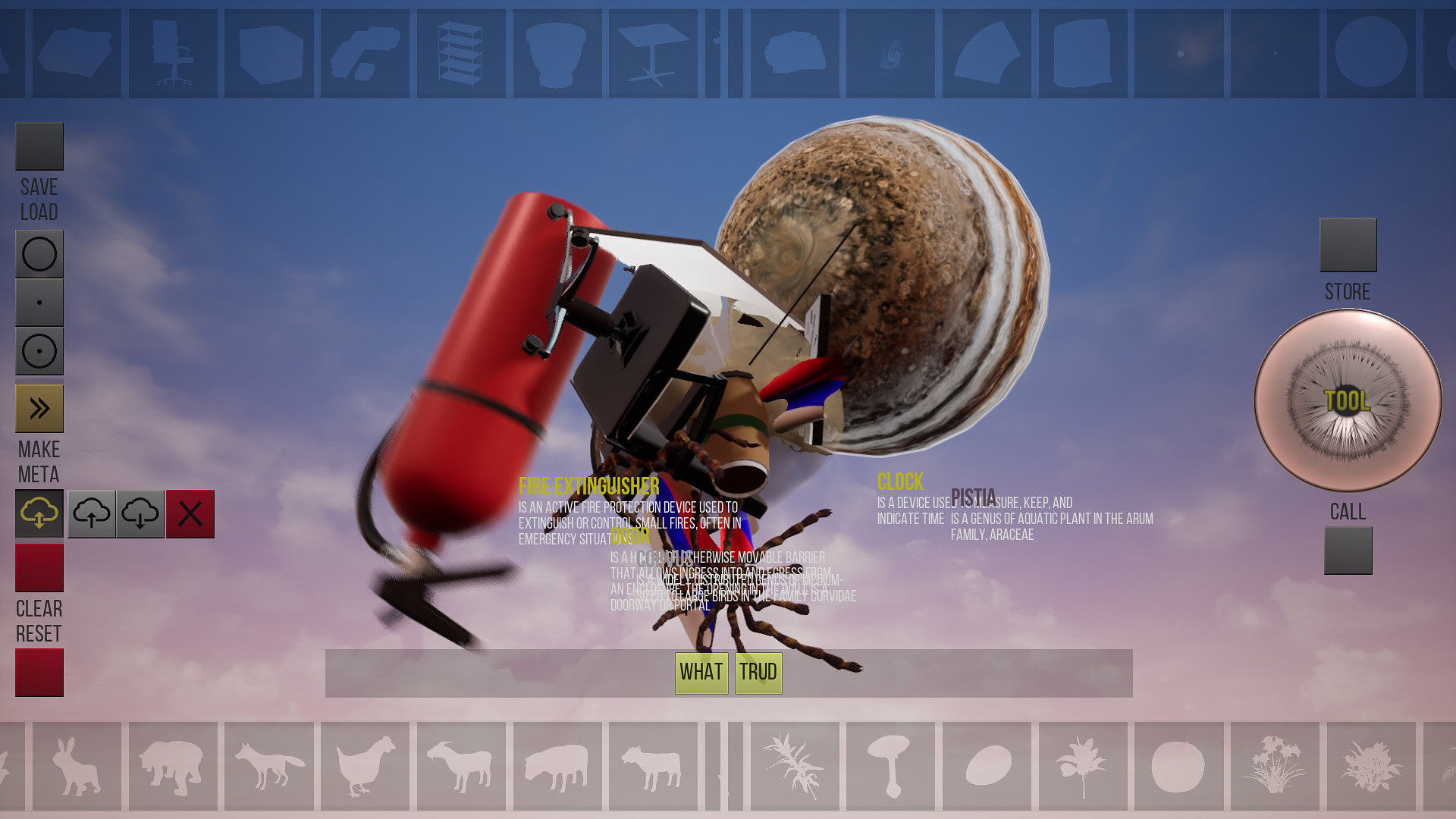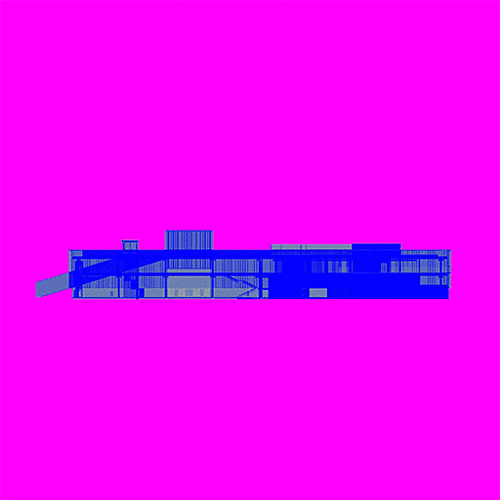
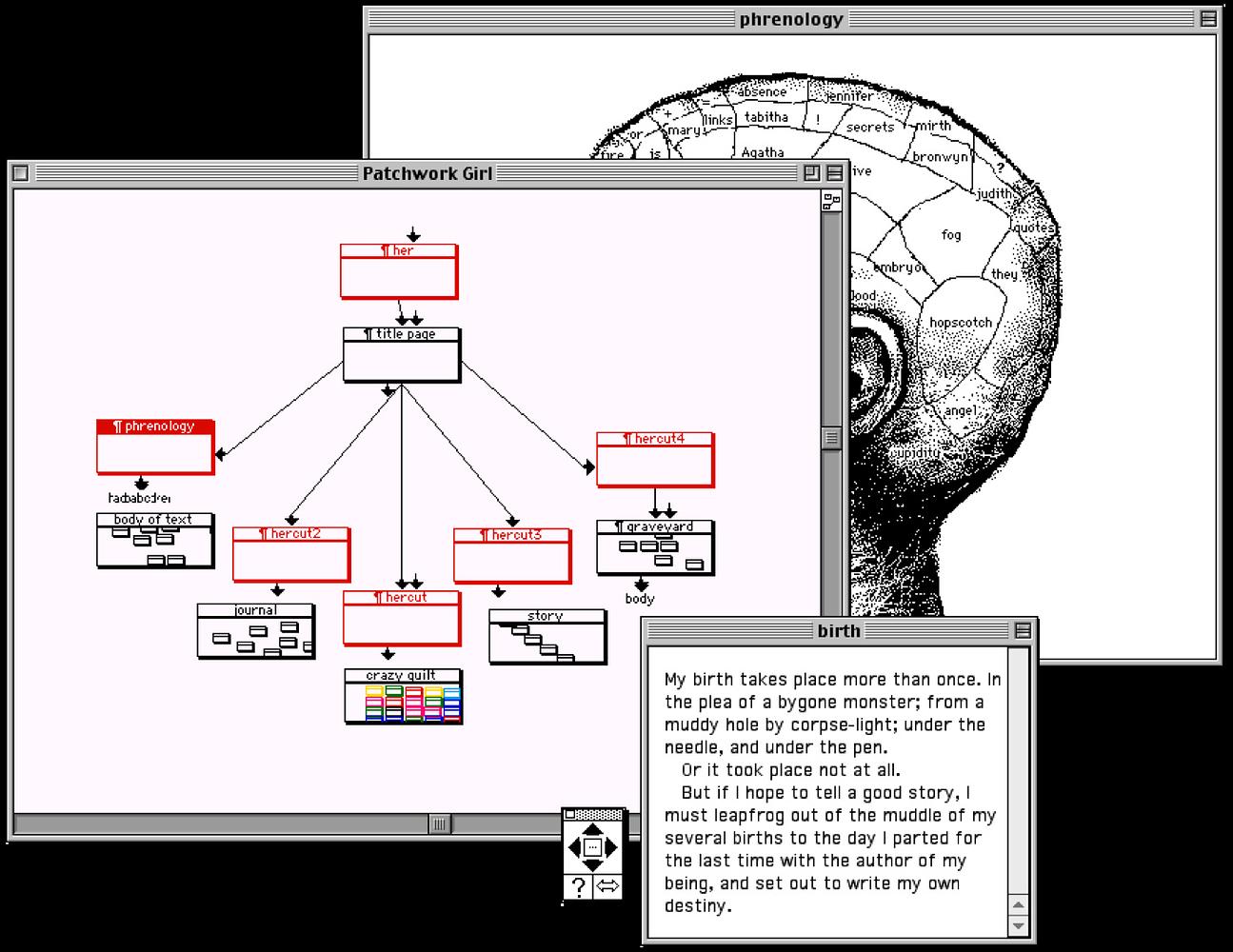
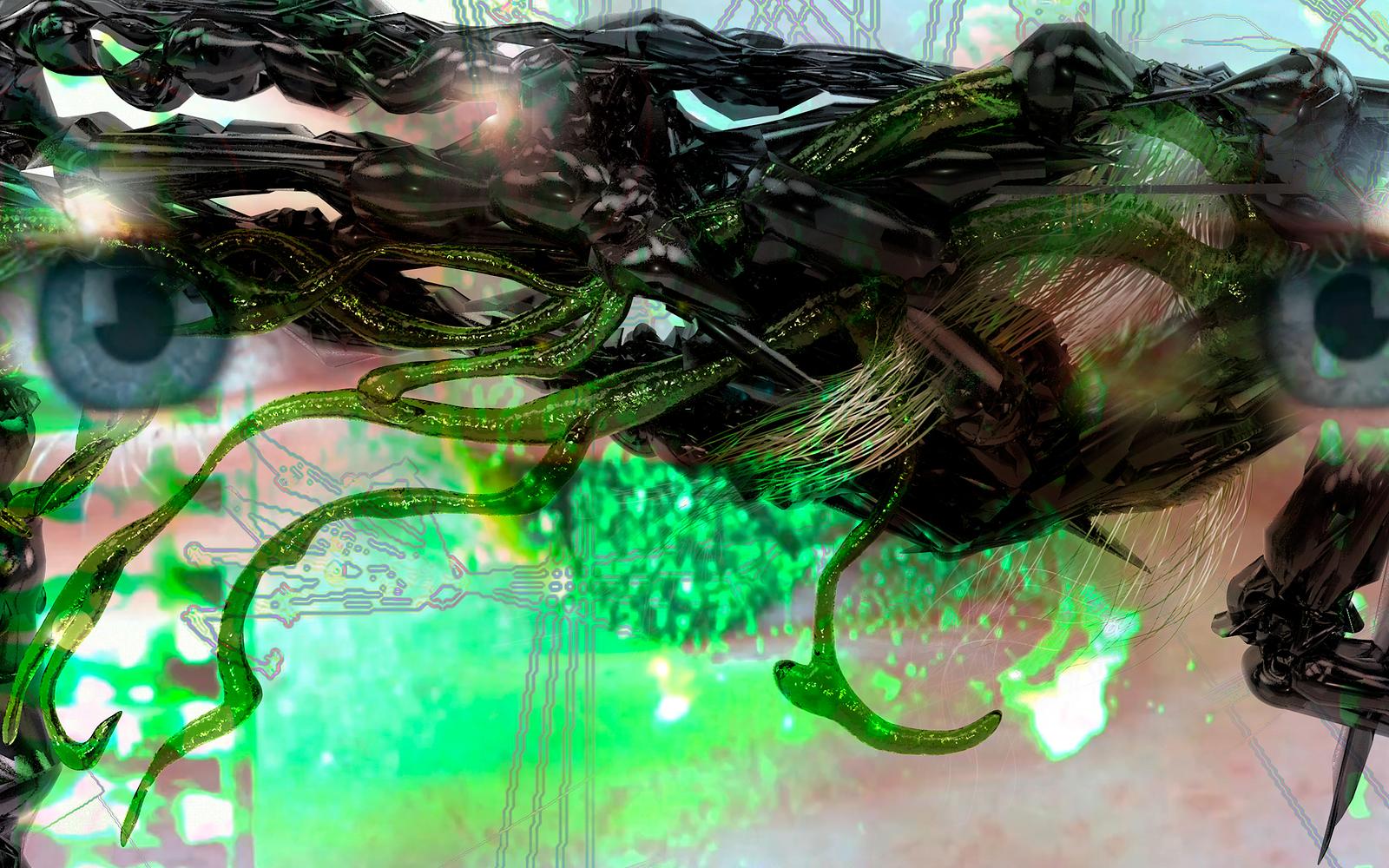
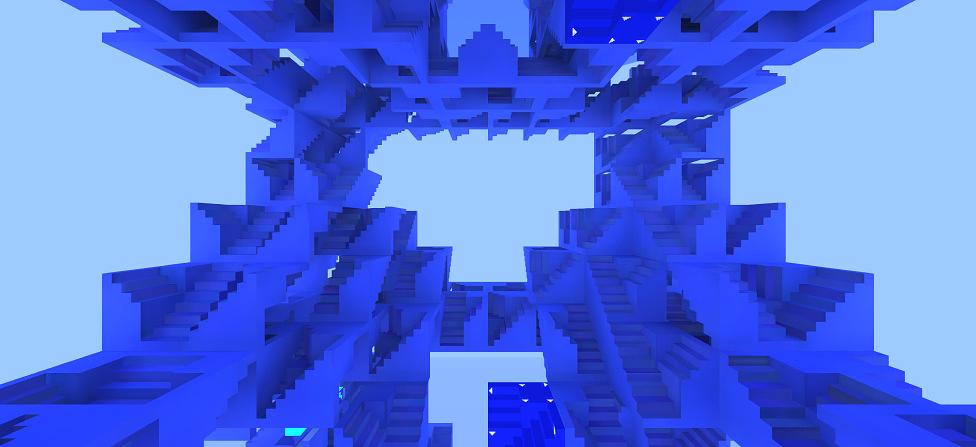
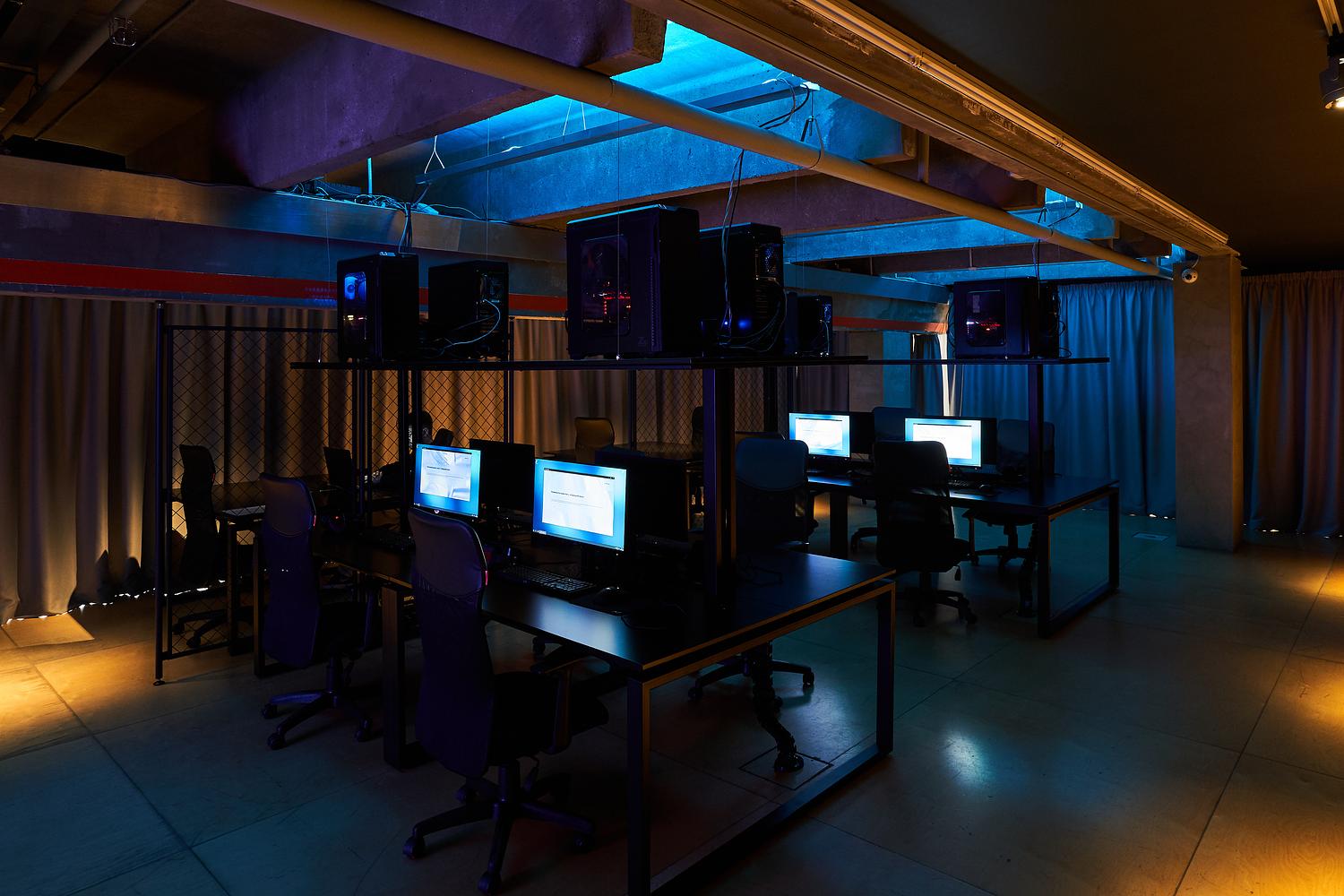

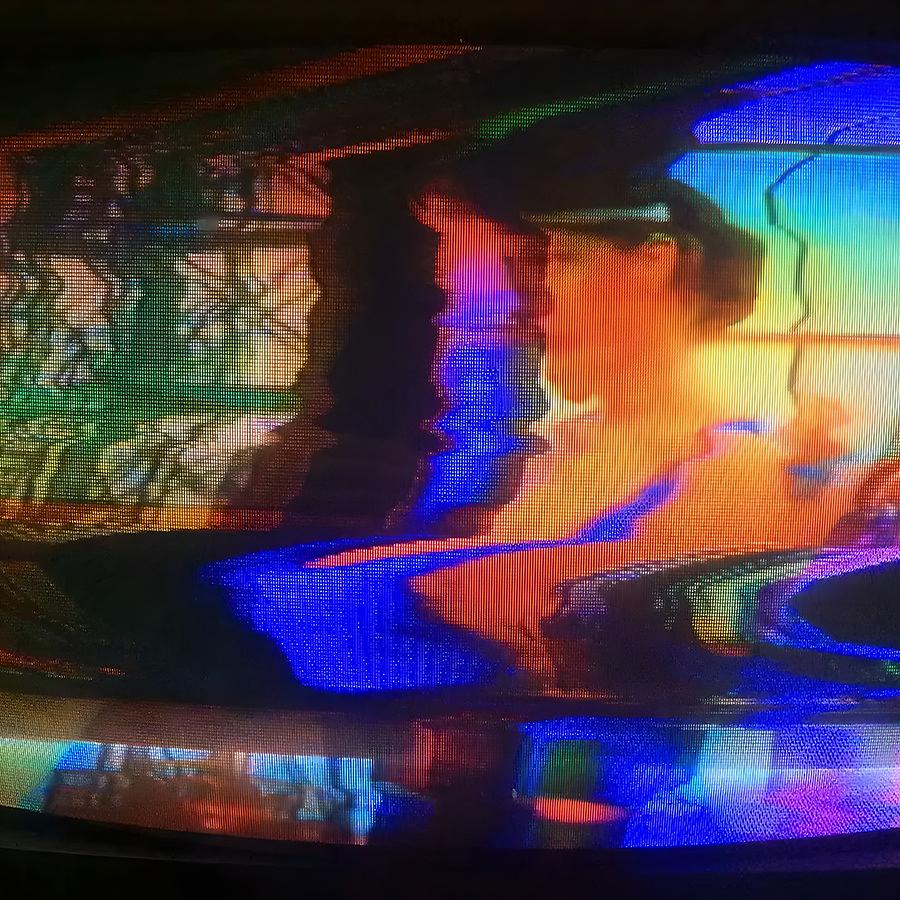
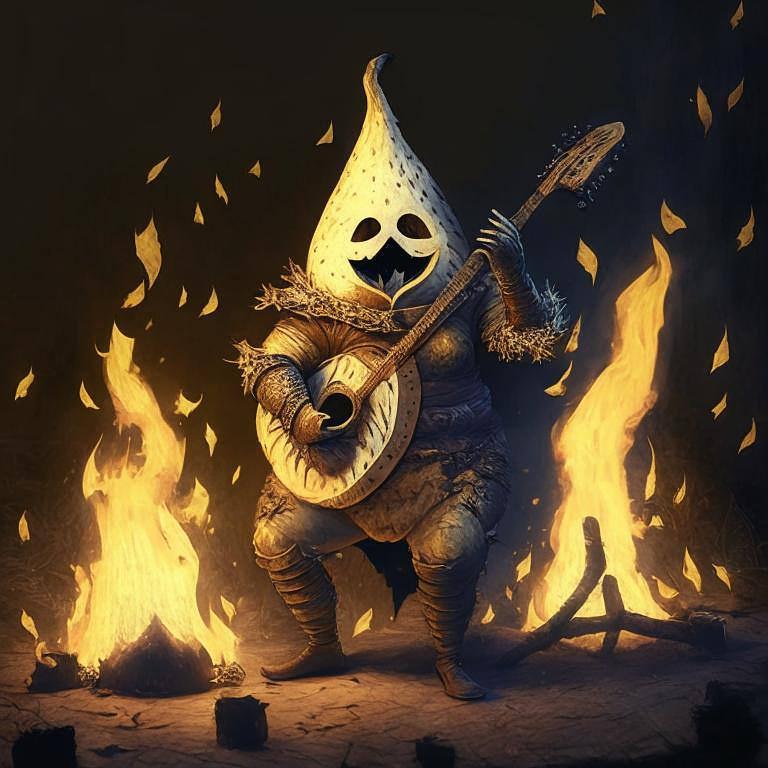
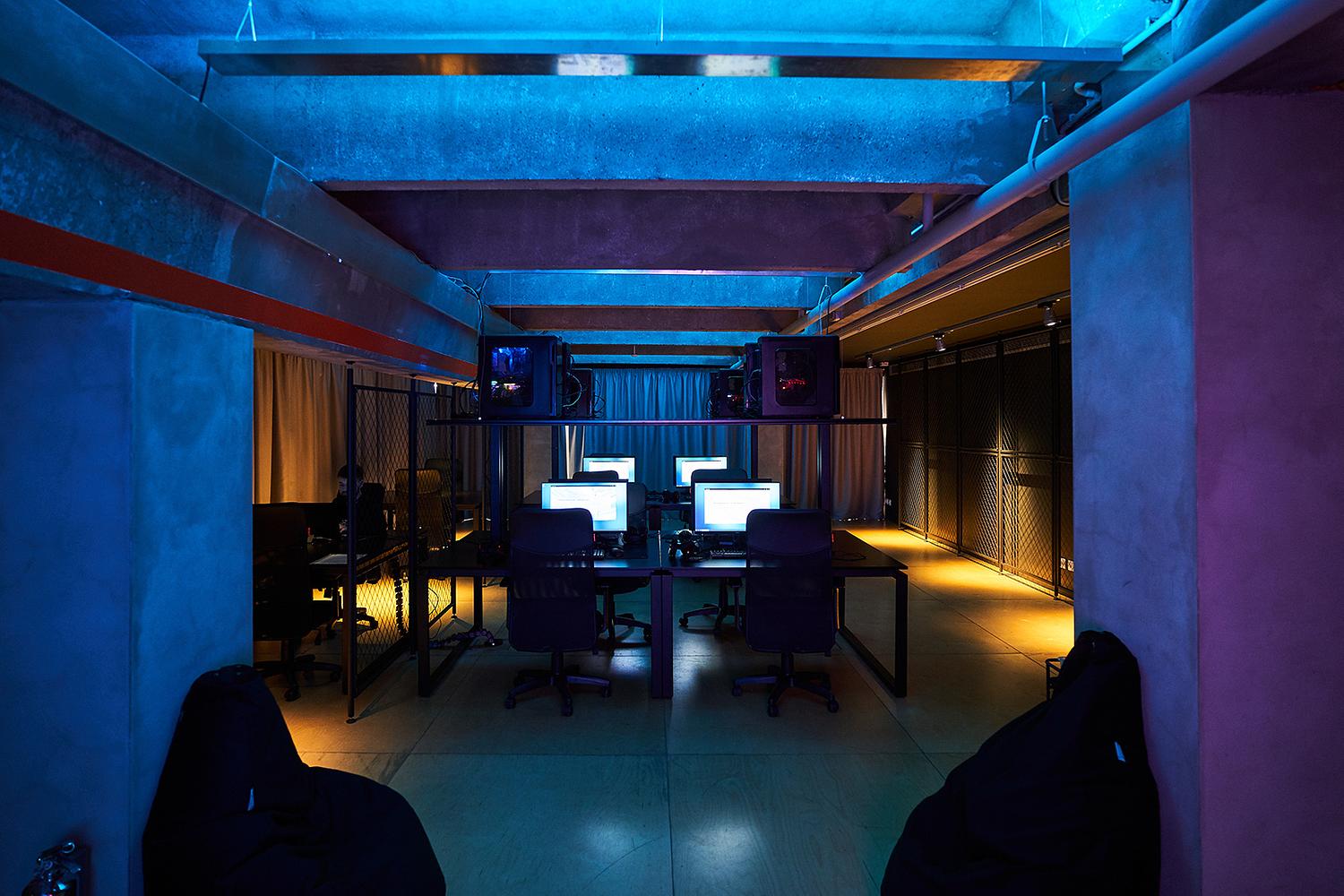
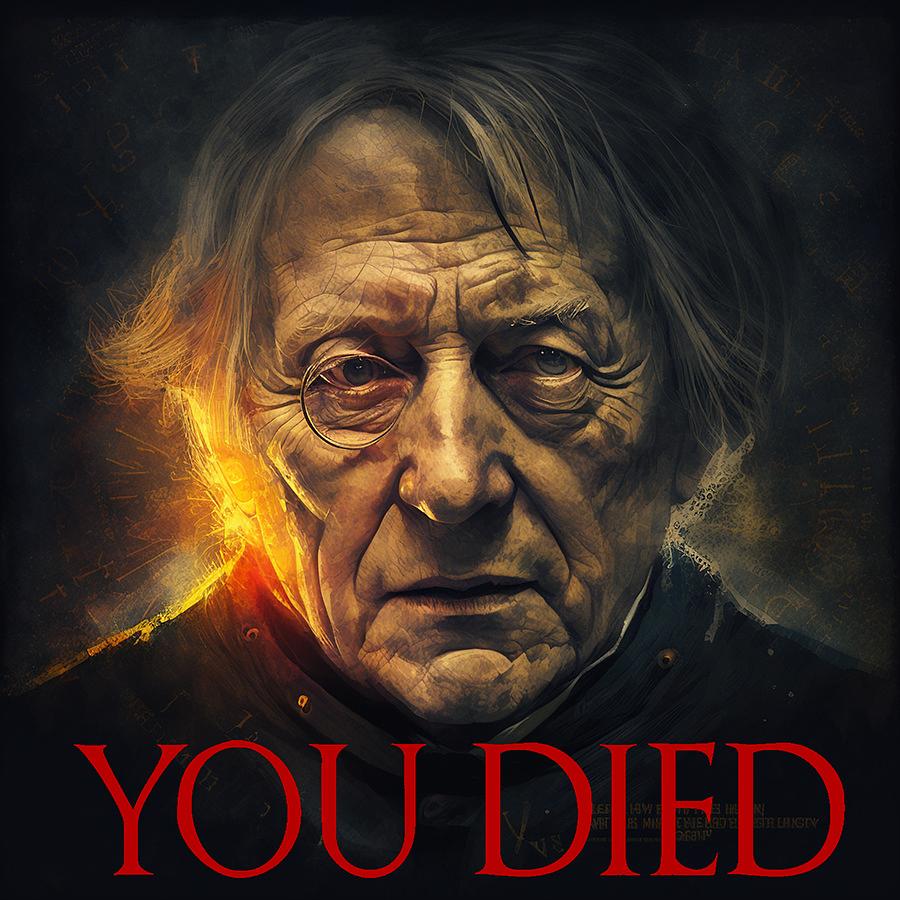
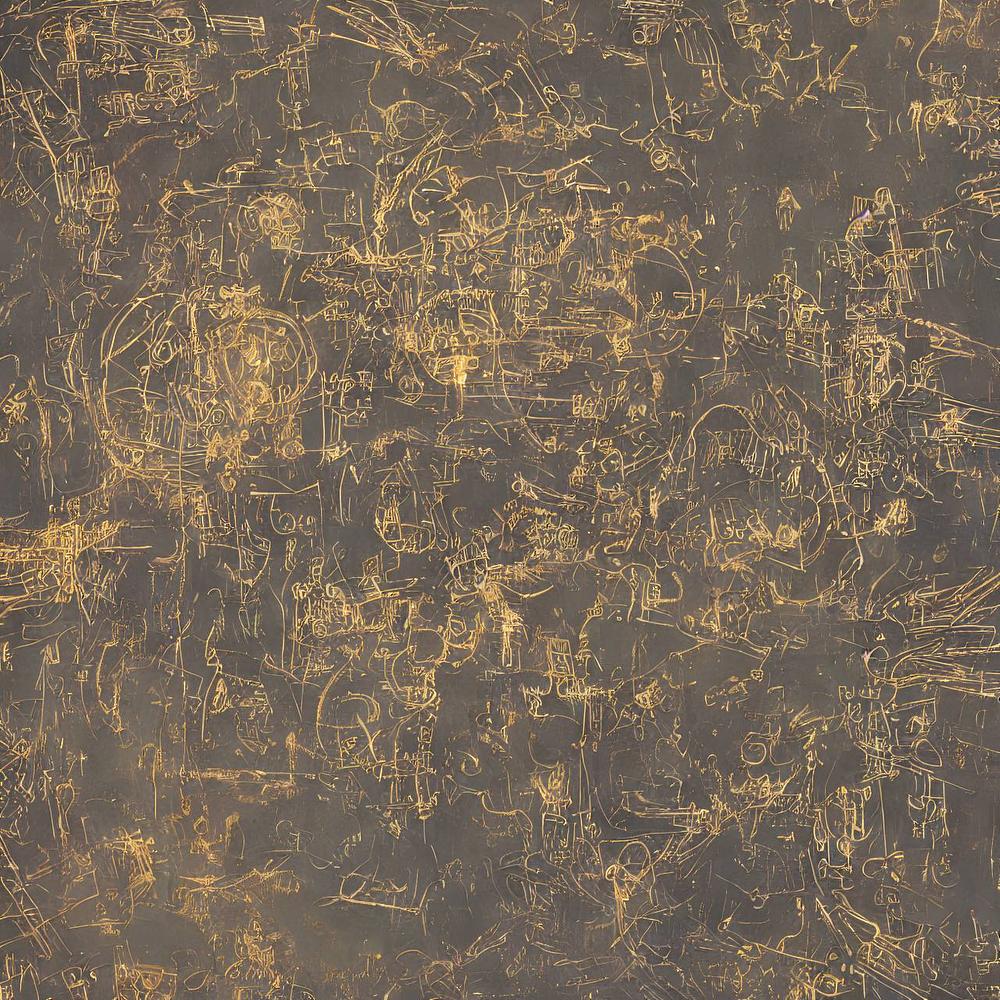
The main goal of the seminar is to transform gaming practice, which is casually believed to be a nonimportant recreational activity, into a training ground for the production of knowledge and social and cultural studies.
This event is part of the public program of the World Gone By computer class.
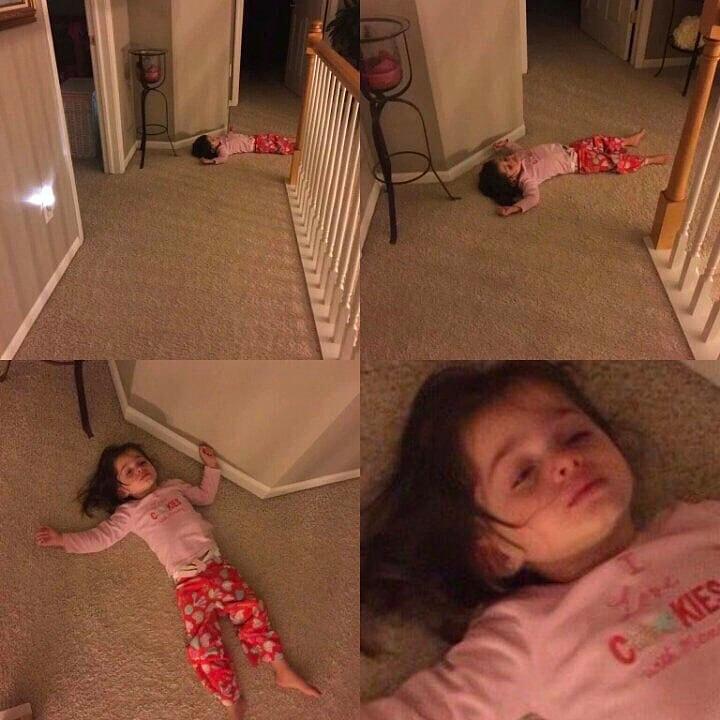
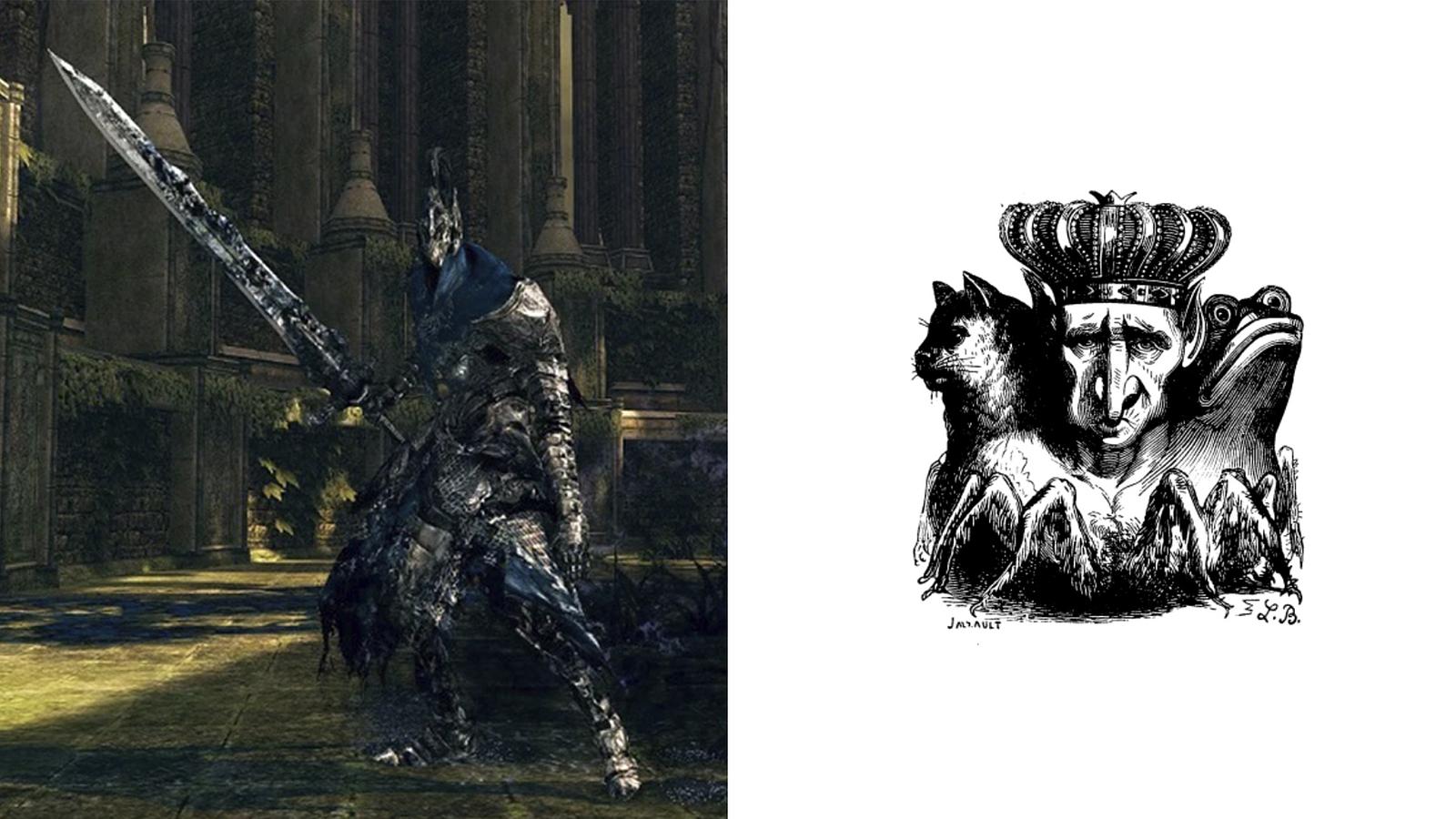
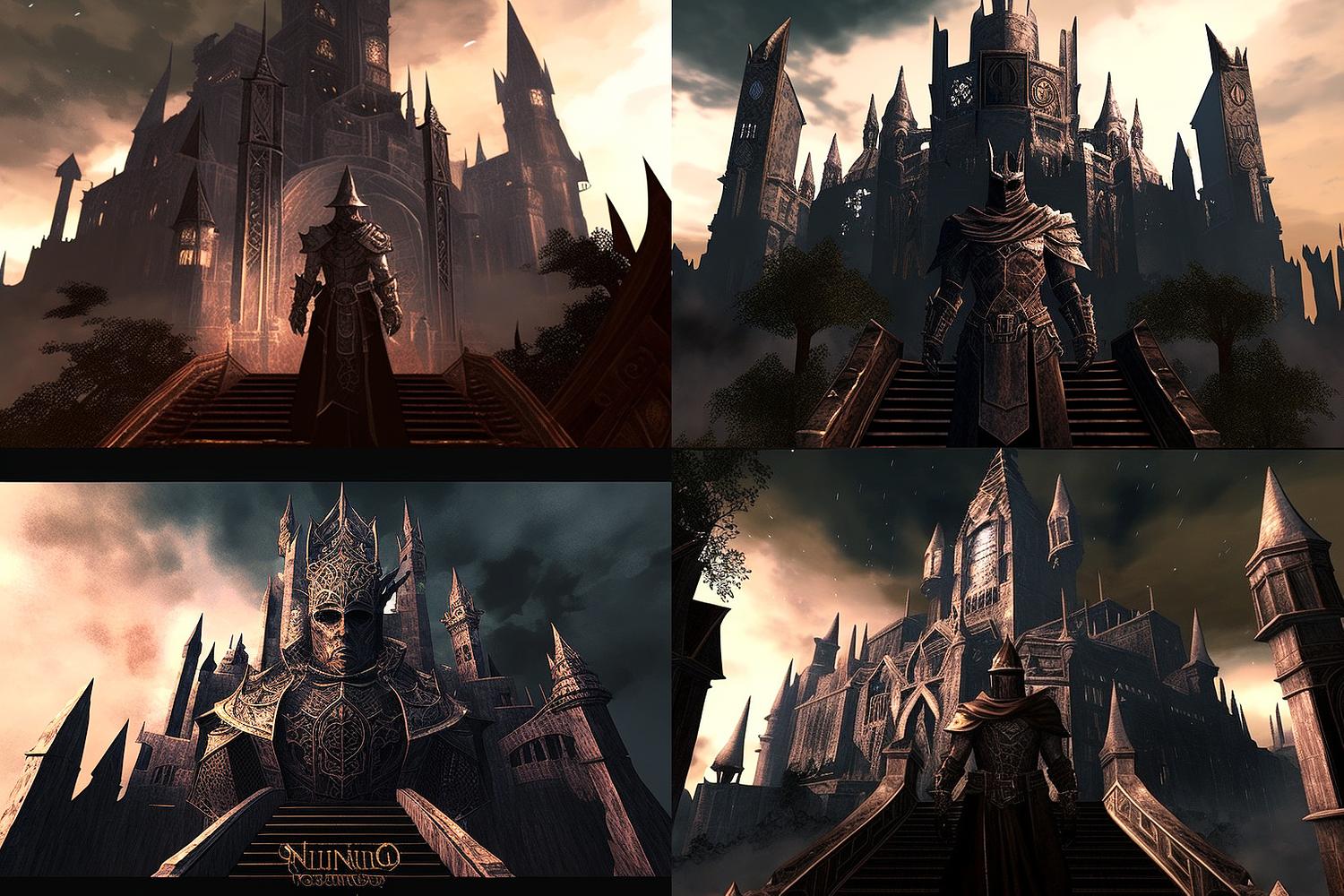
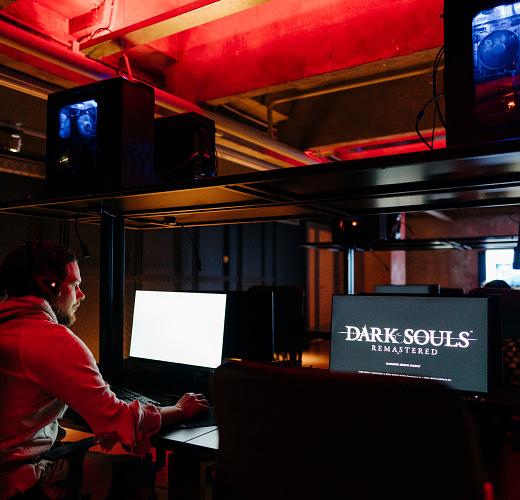
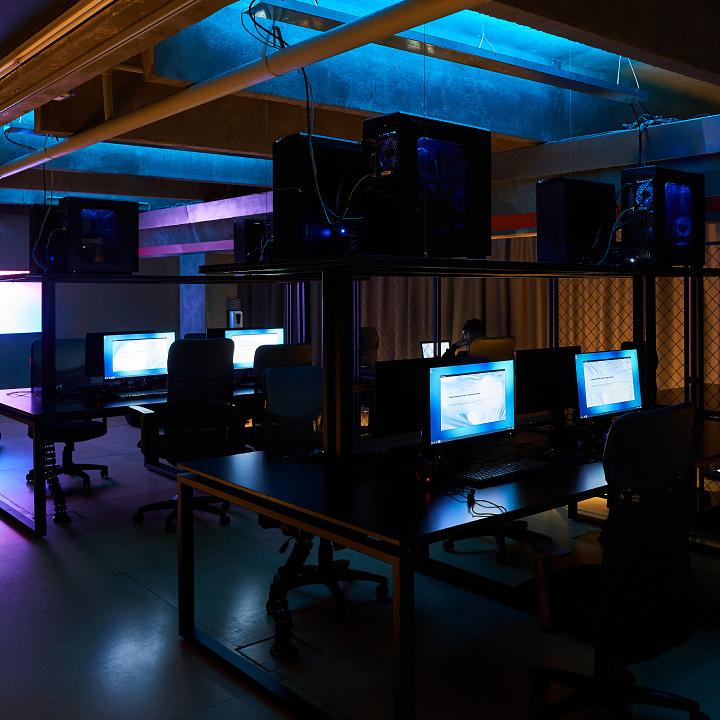

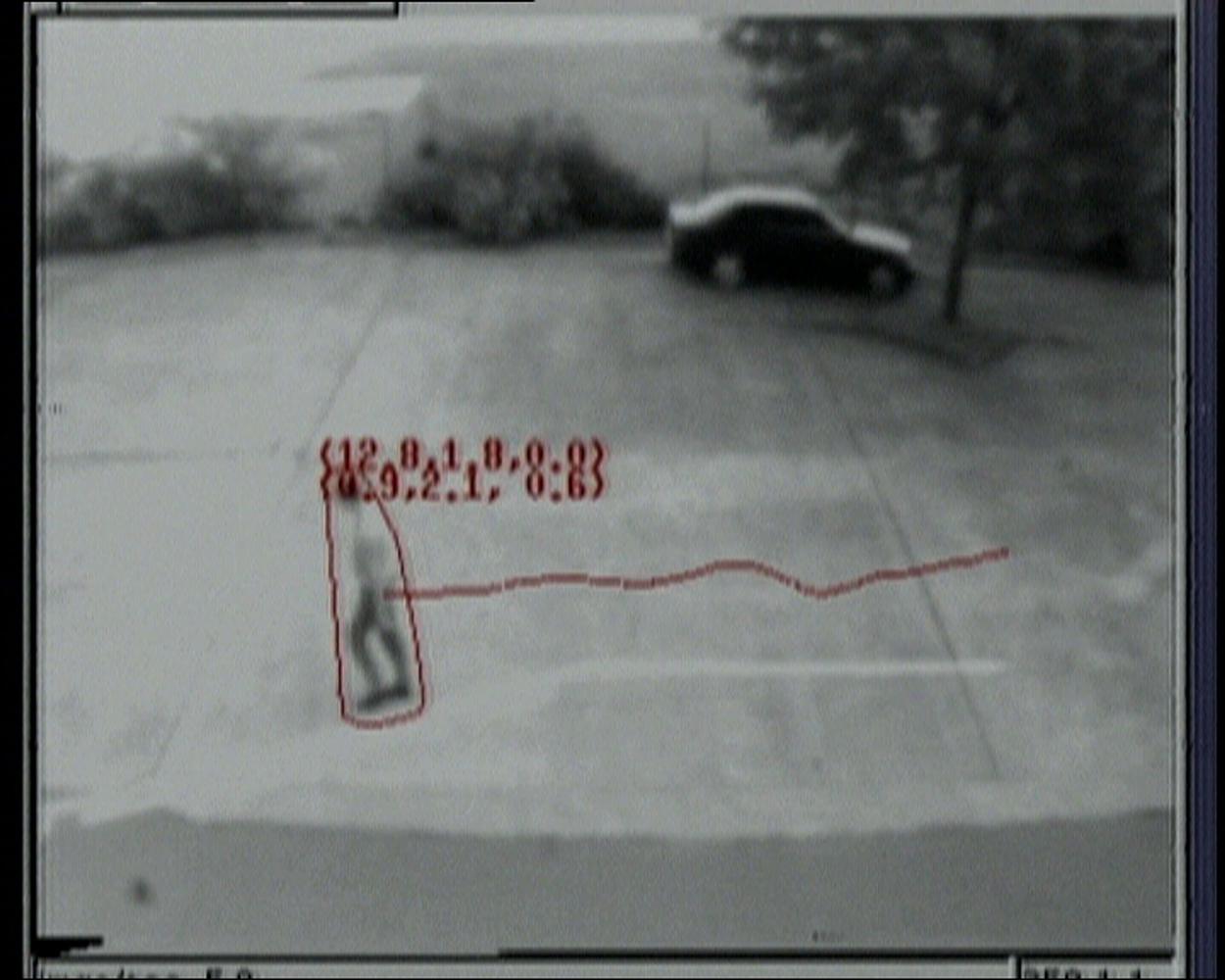
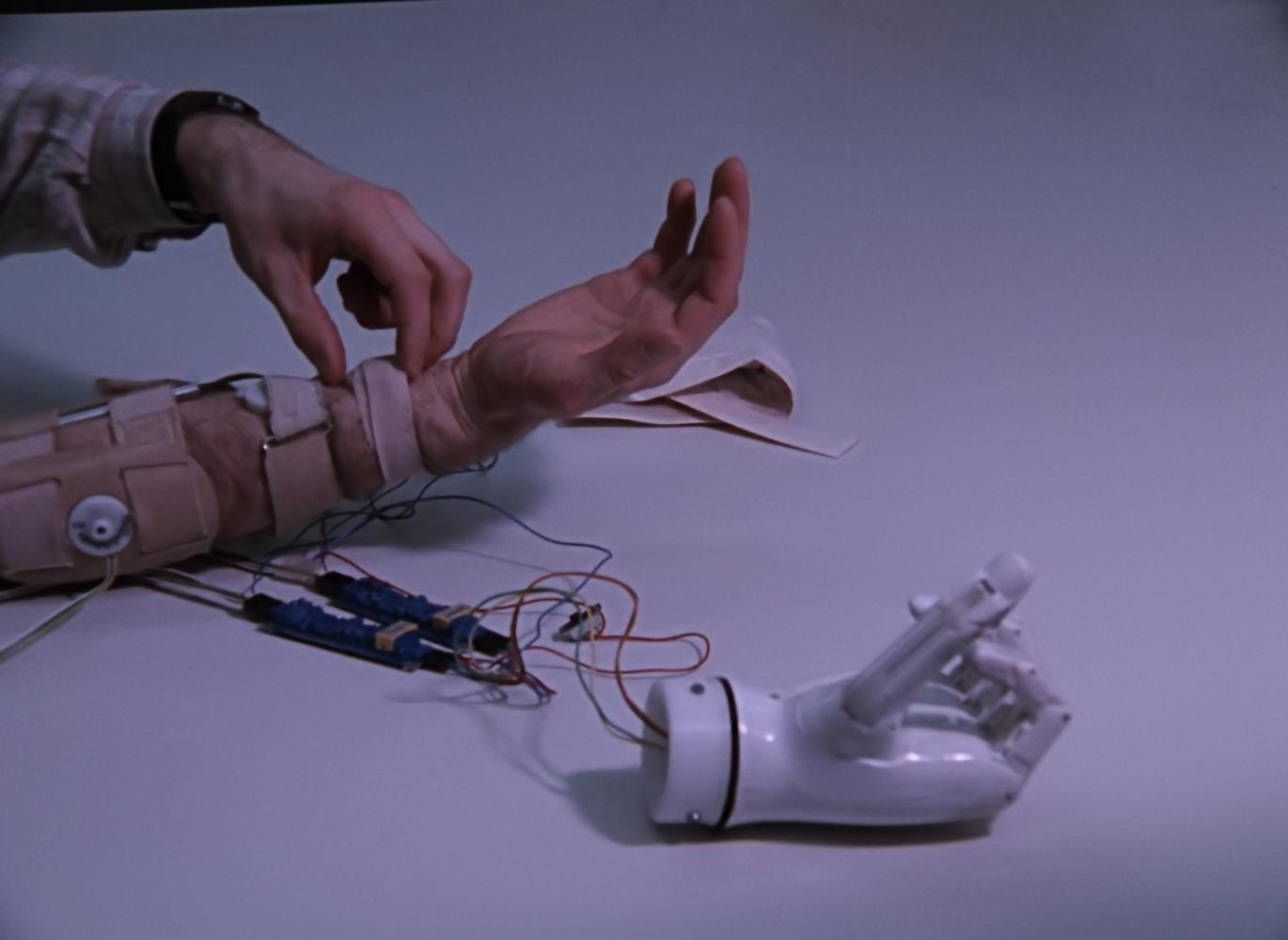
Garage Digital stopped working on this project.

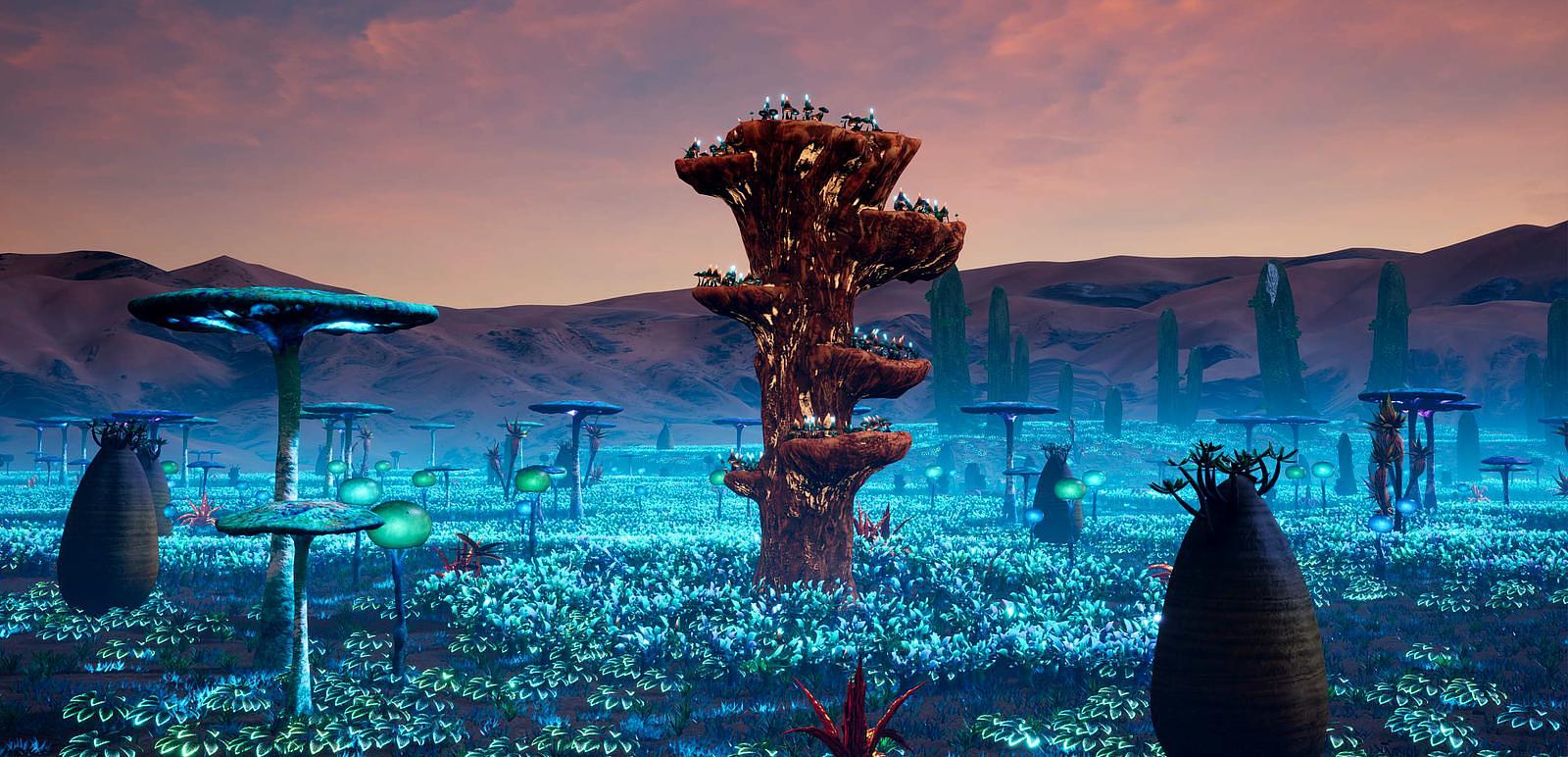
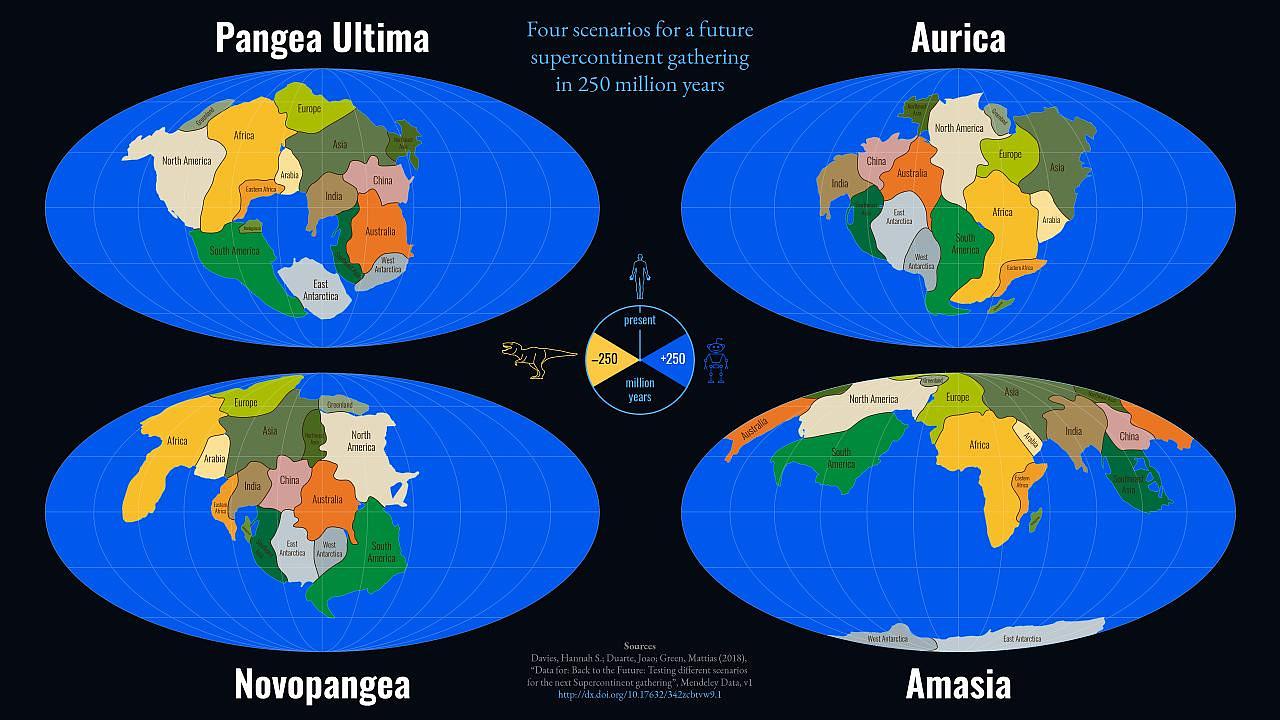
Performance Hydrogen City is the new site-specific performance by Digital Object Alliance invites visitors to experience the materiality of a speculative world of the future through the possible embodiment of videogame logics. The performance took place at Hyundai Motorstudio Moscow as part of the joint program by Garage Digital and the online platform Rhizome for the international exhibition World on a Wire.
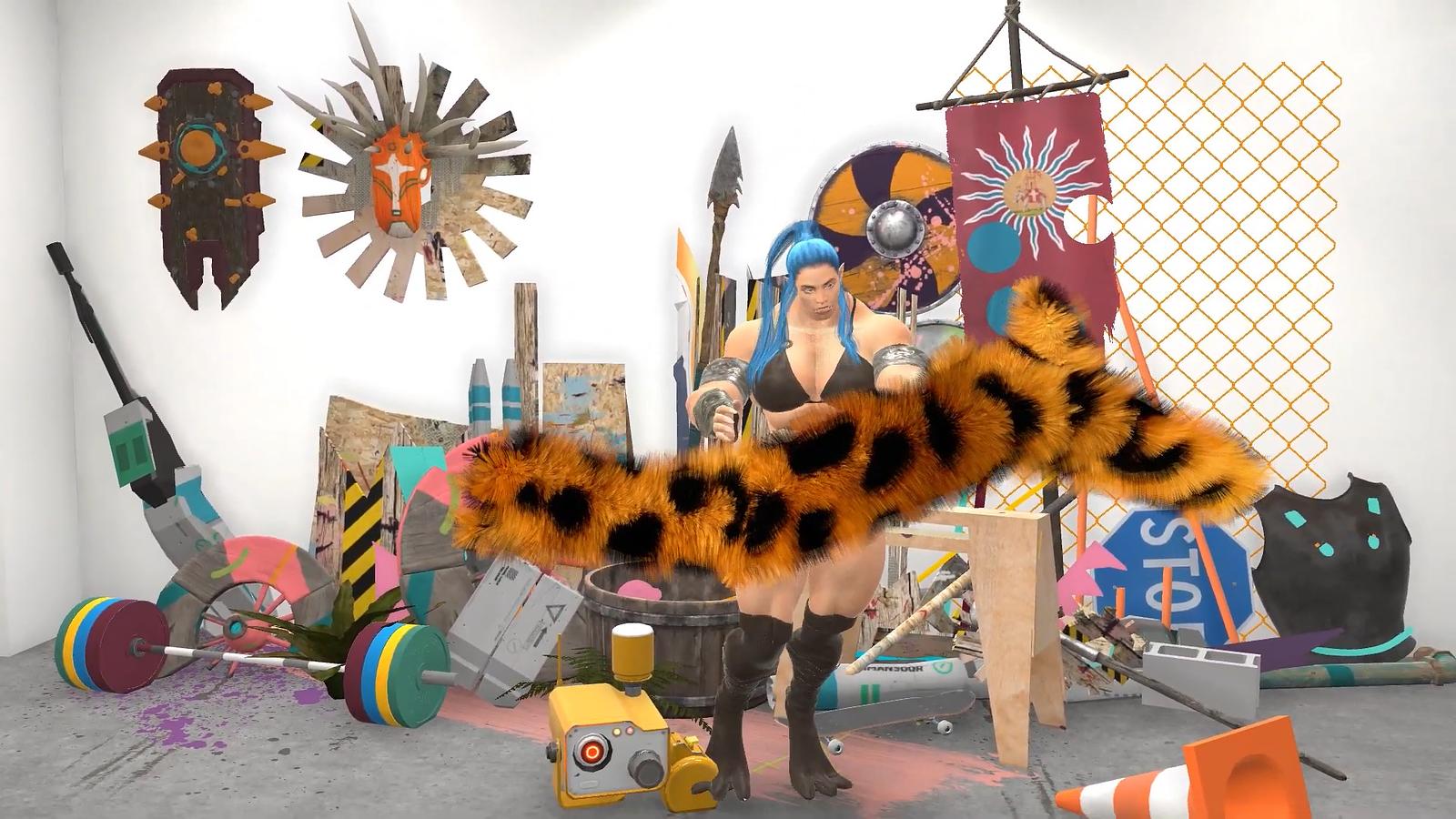
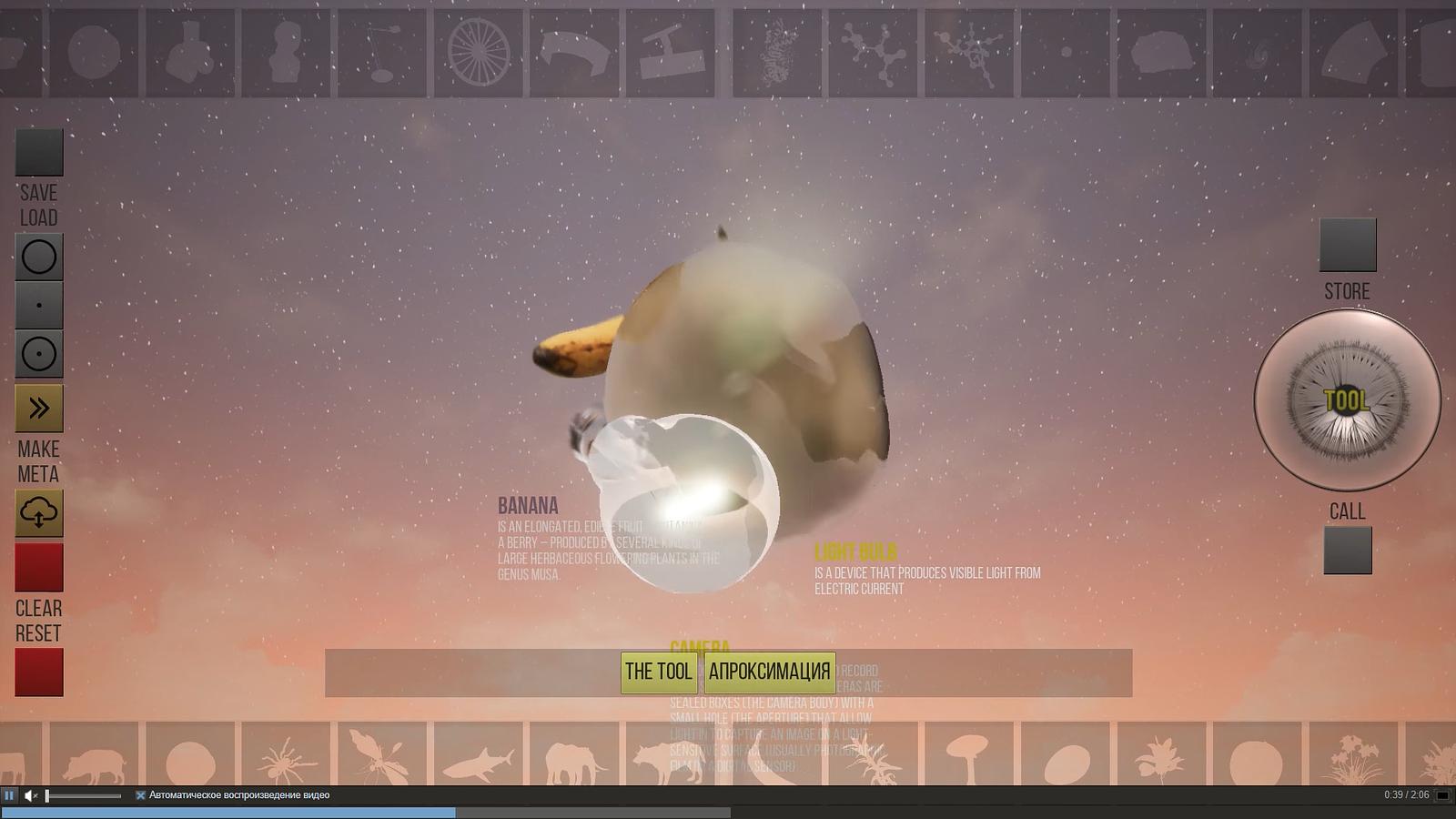
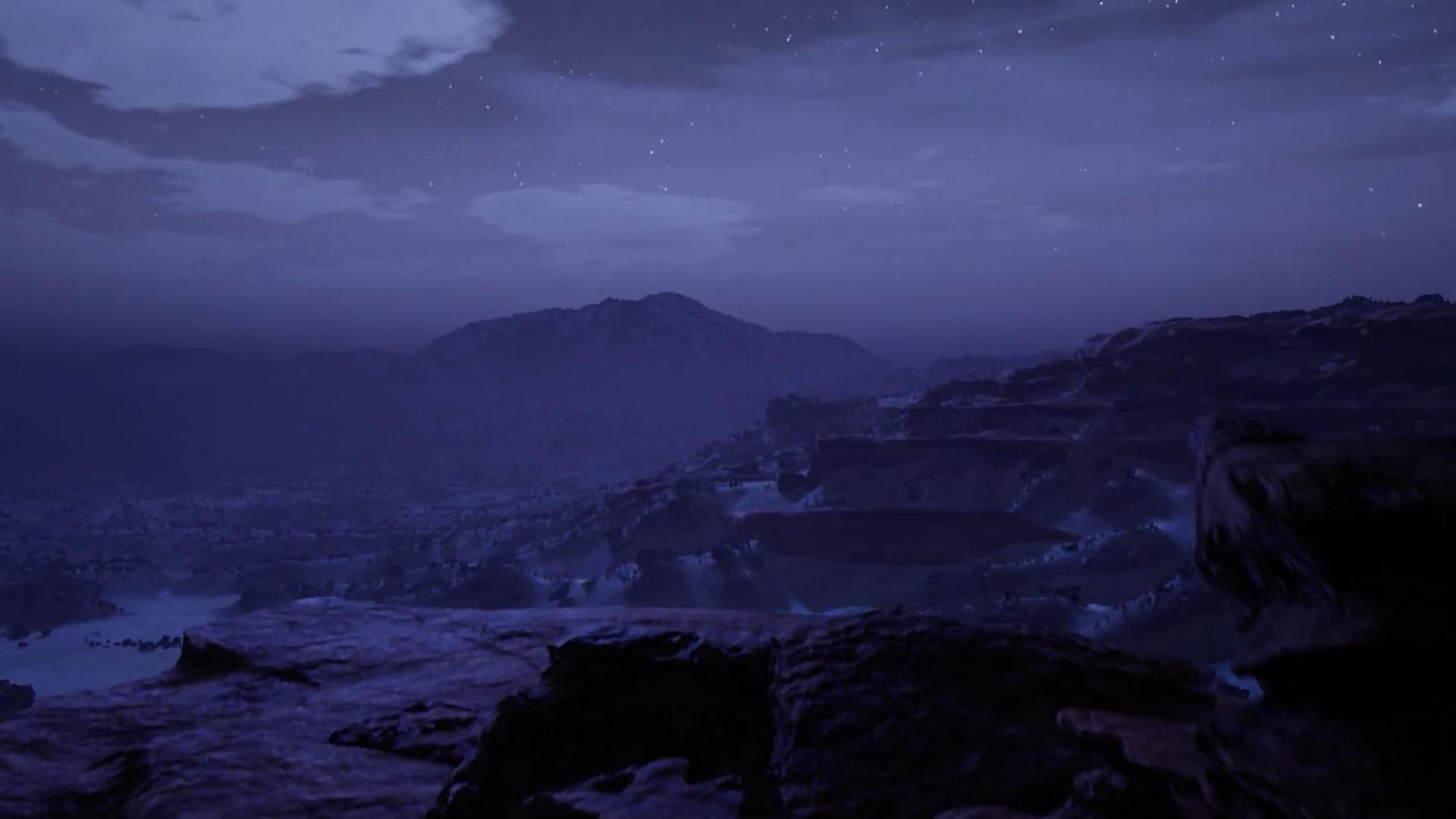
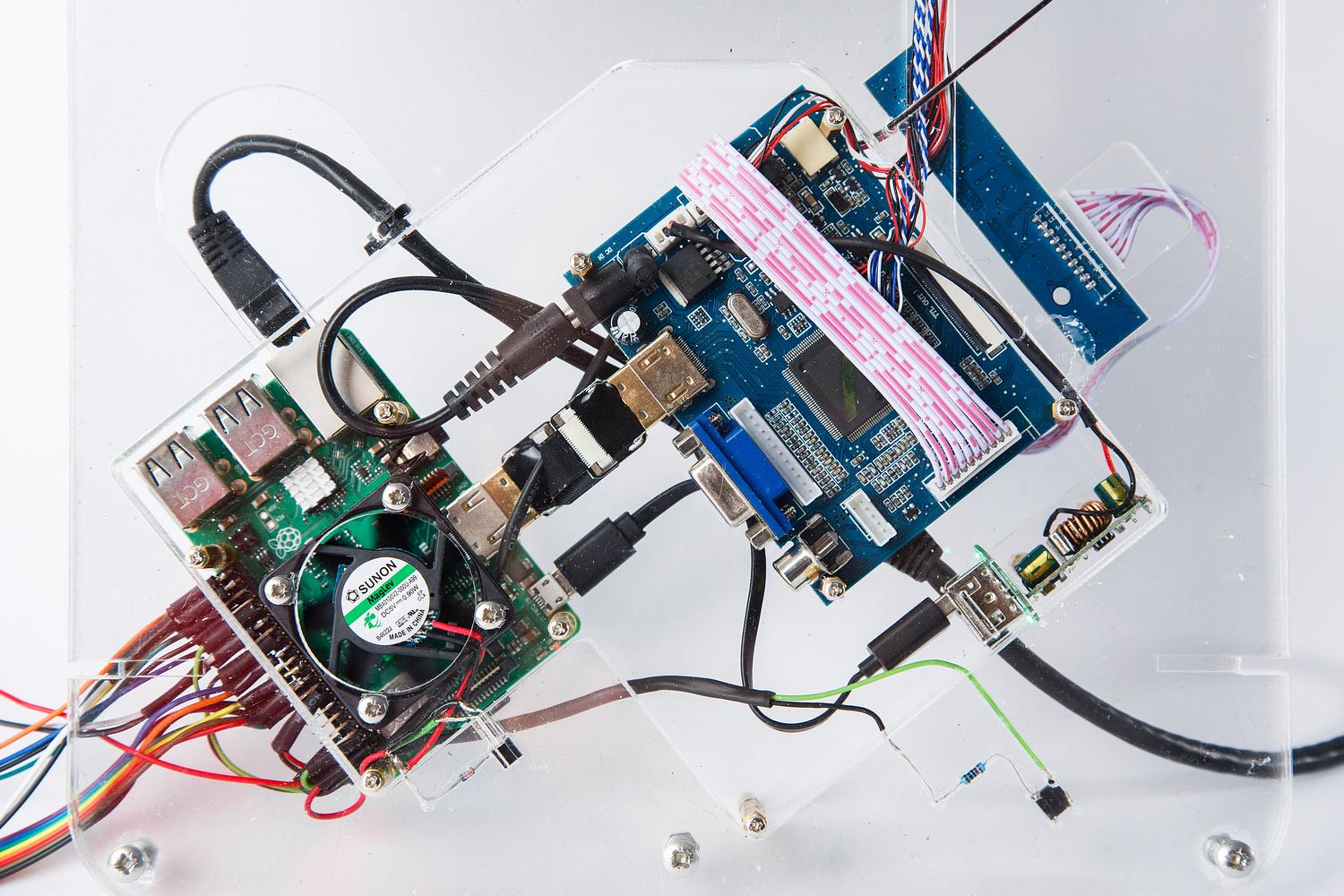
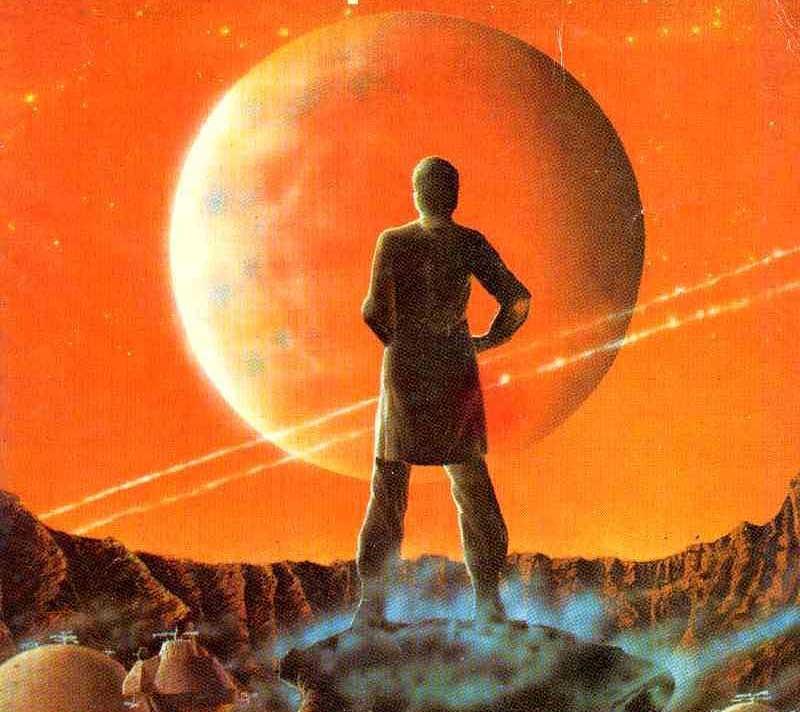
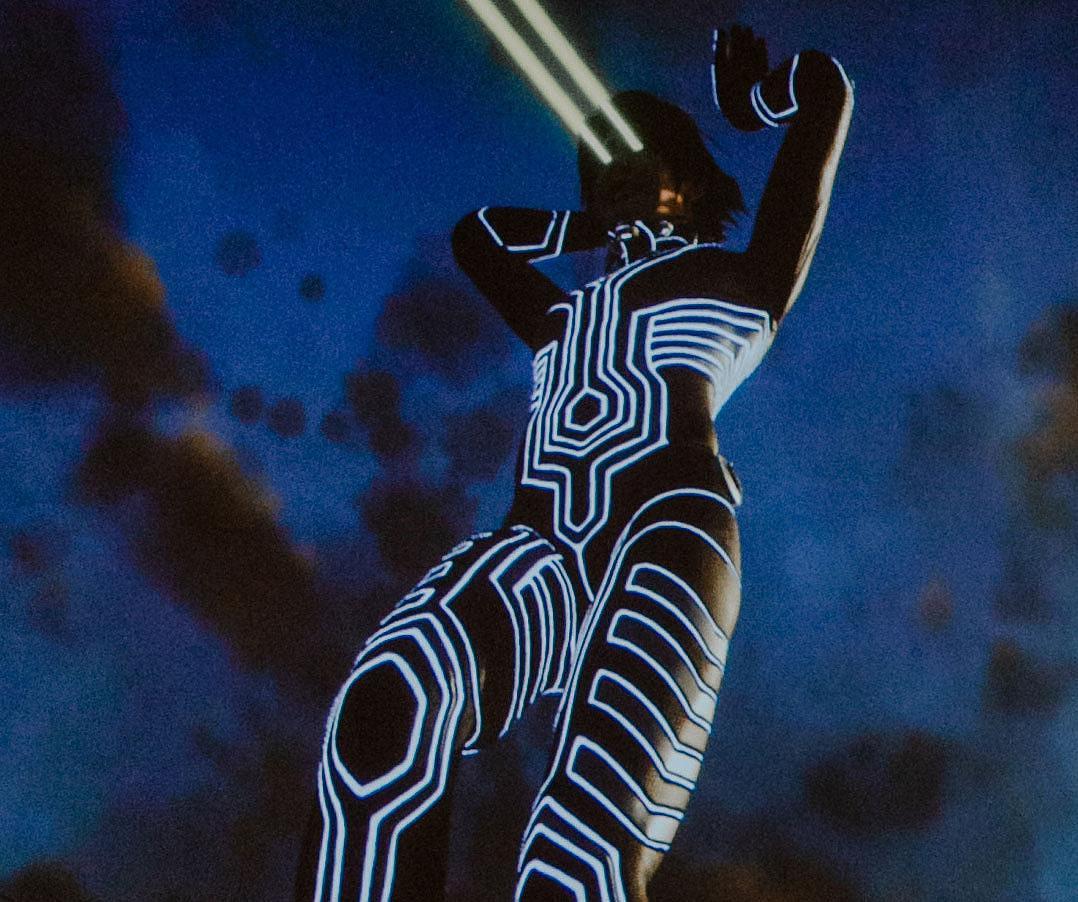
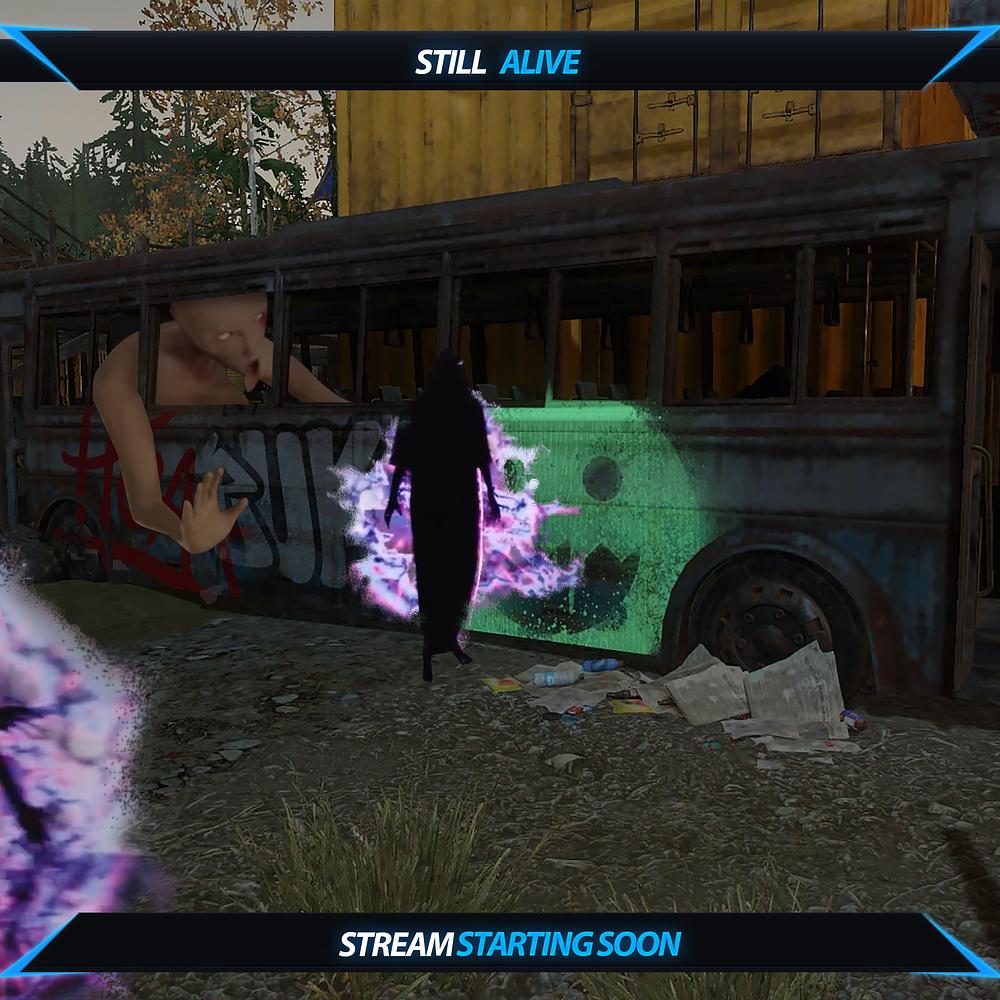
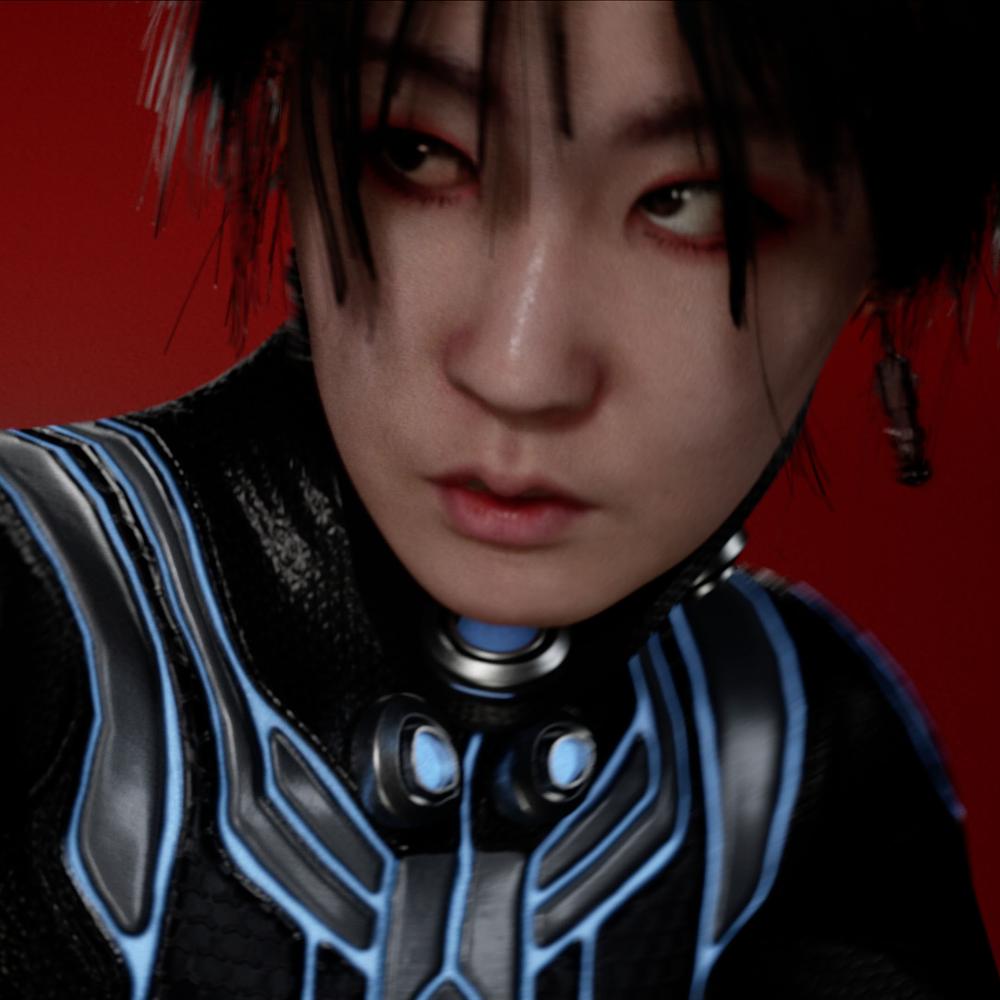
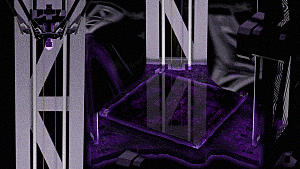
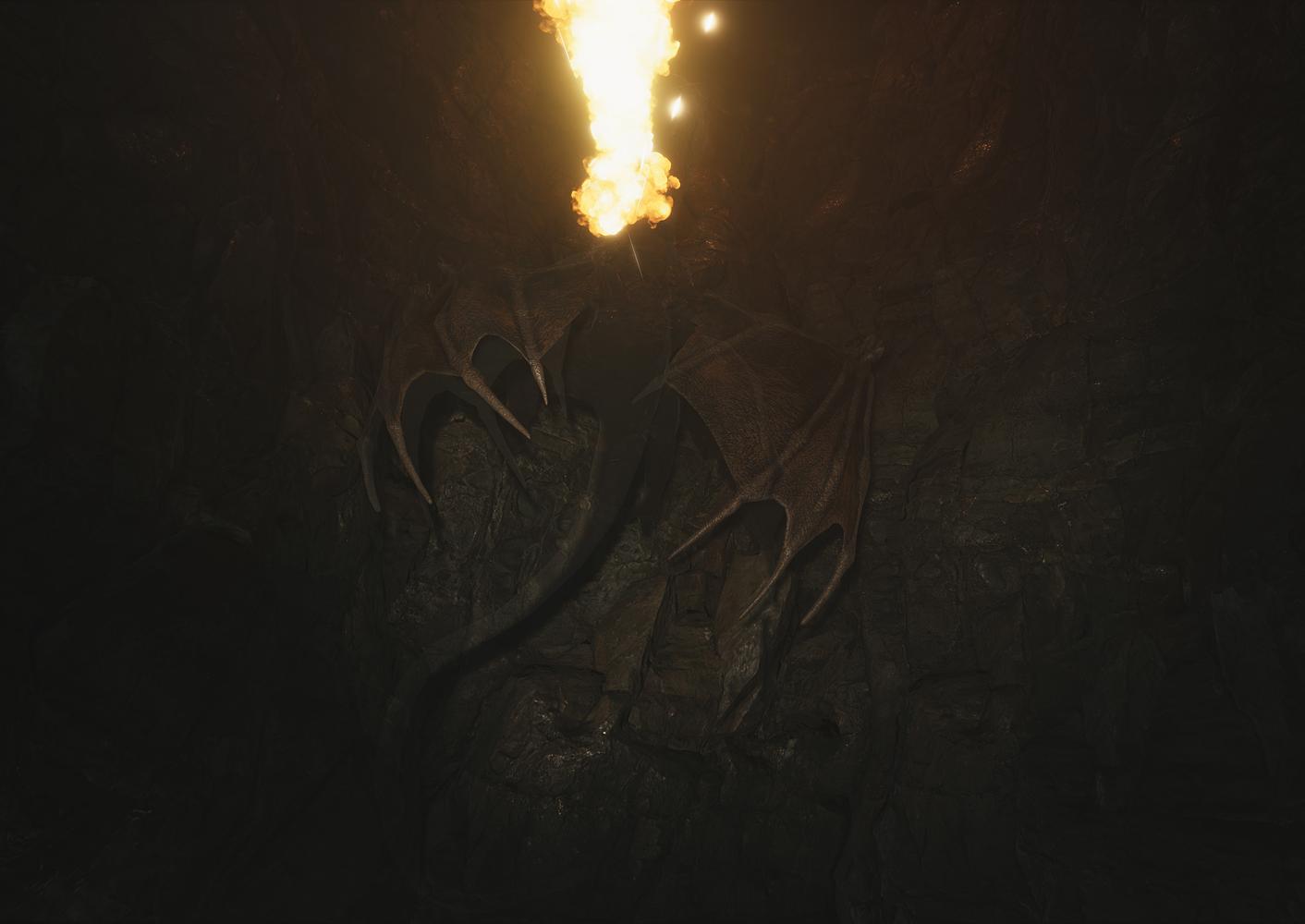
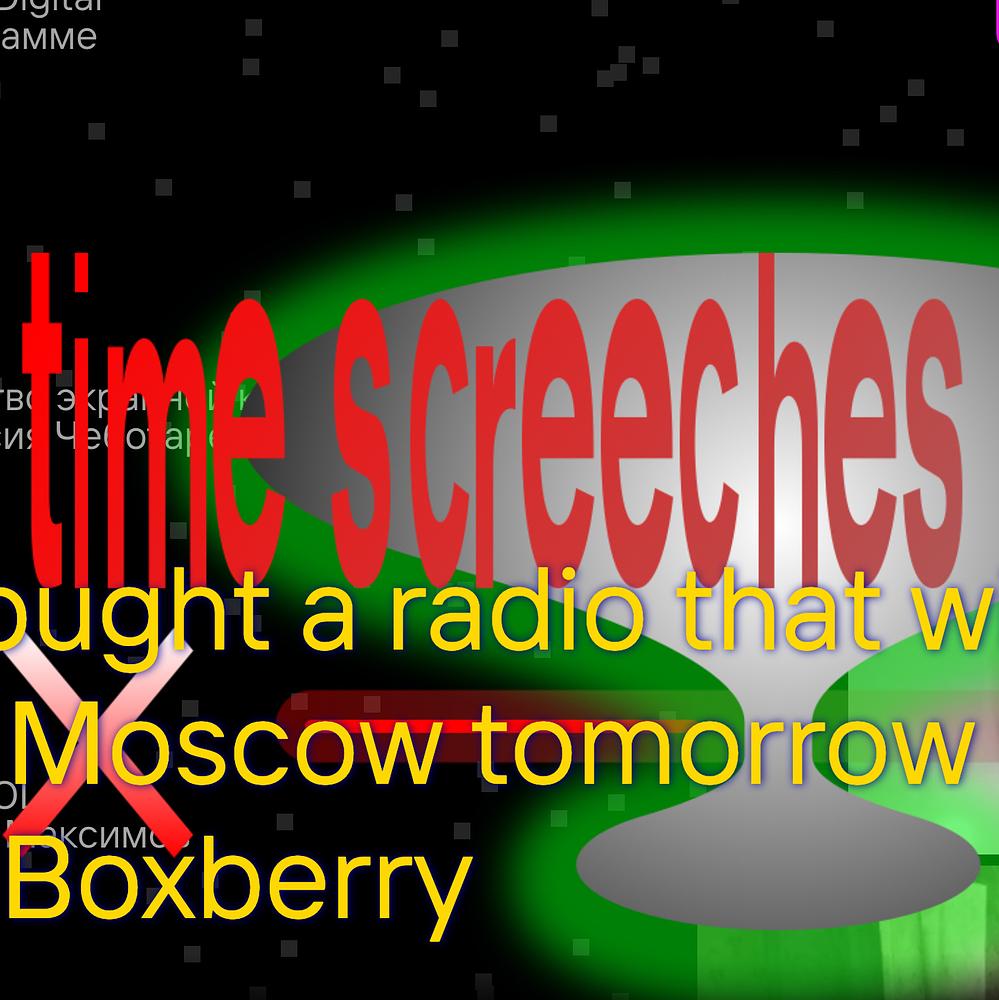
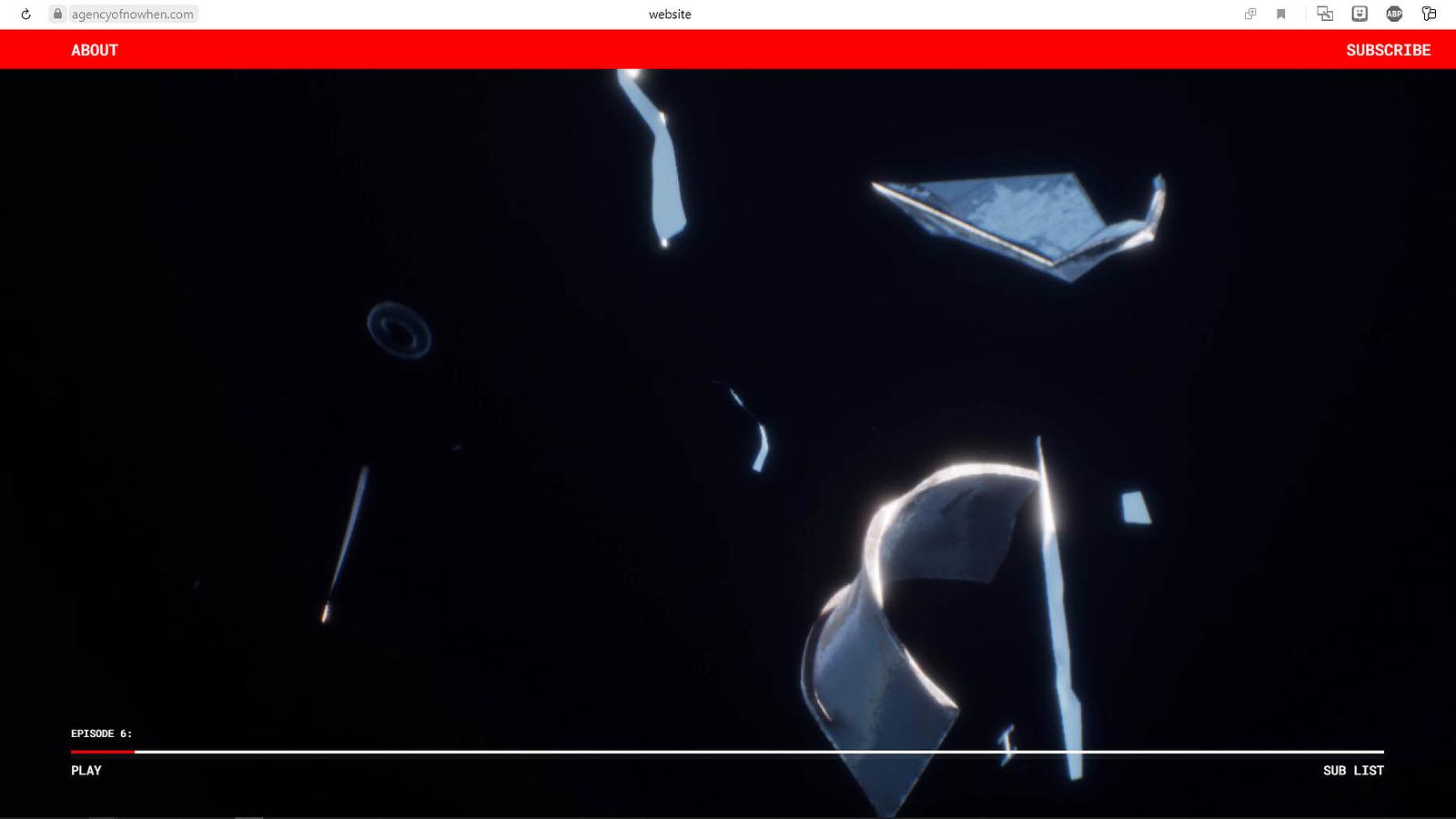
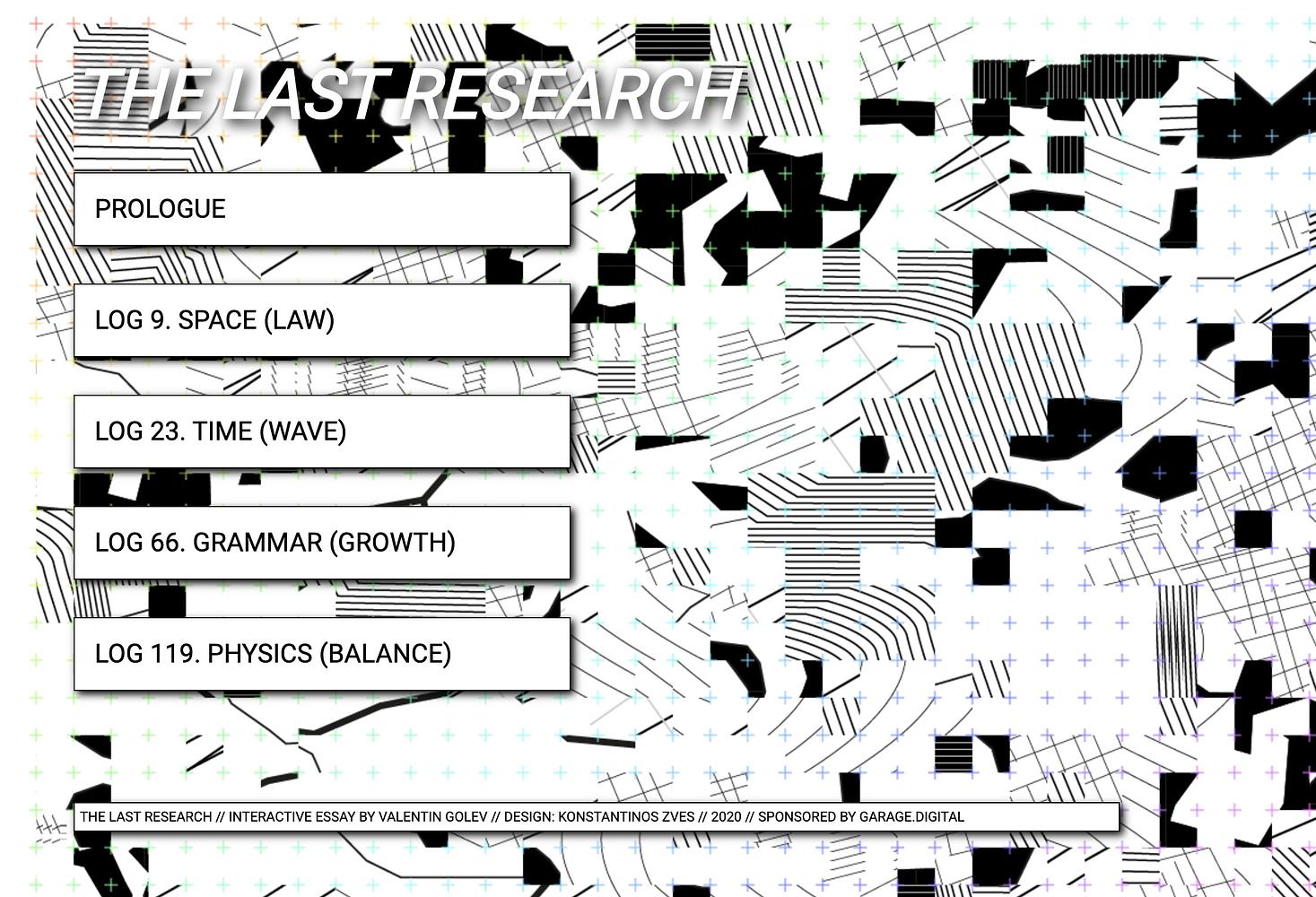
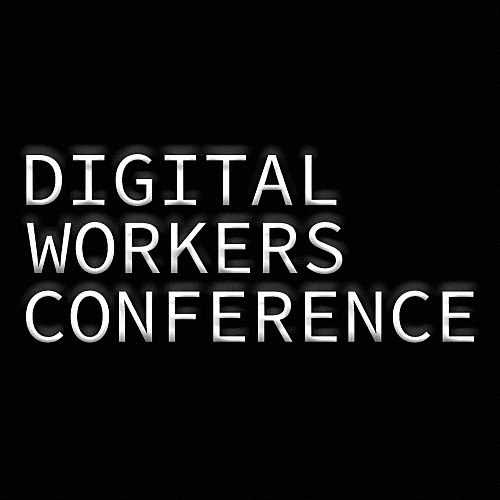
The Tool is a video game developed by artist Mikhail Maksimov, in which the player creates increasingly complicated tools and combinations thereof—“endless equipment”—while ignoring not only the usual game logic, which implies that tools are needed to play through specific tests, but also the very principle of the consistency and finality of any game. The artist calls this project “a relaxing casual puzzle.”
The game was published on the Steam video game platform. The start screen suggests beginning the interaction with objects of different types: man-made or not, animate and inanimate, of organic or synthetic origin. From a cow to a galaxy, from a cactus to an atom. The initial stage of interaction unfolds intuitively, but the interface turns out to be extremely demanding to use, so the player needs special guidance. This is available on Steam.
In the guidance, the artist compares the game’s pursuit of nonlinearity to the way coherent storytelling was undermined in Olga Lyalina's classic net art work My Boyfriend Came Back from the War. The Tool, where objects with disturbed scale are accumulated in a gravitational field or, to be more precise, in a slime-like “inhibitor of real things,” vaguely resembles the mechanics of the legendary Katamari Damacy by game designer Keita Takahashi, in which the player collects objects on a gummy ball by rolling it and getting the opportunity to glue larger and larger objects to it, while simultaneously increasing the size of the ball. Such linear progress is completely removed from Maksimov's game. The variety of objects also brings to mind David O'Reilly’s game Everything, where the player can become literally everything, from a microorganism to a planet. But unlike O'Reilly's game, in which the human image remains central, Maksimov shifts focus to a clean and free cataloguing of various objects: the saved sets receive names and are assembled into lines, free from preliminary reflection, plot, and dramaturgy; they are constructed based on abstract relationships between the selected objects. Words do not mean anything, but they become repositories of specific things that can be exchanged by taking them out of a remote cloud.
A multimedia artist. Using video games and software technology, he creates scenarios in which ideological and philosophical theories are embodied to explore the possibilities of mapping potential realities and testing possible worlds. He is a graduate of Rodchenko Art School, Moscow. Group exhibitions include: Tramping, Electromuseum, Moscow (2014); Burning News, Hayward Gallery, London (2014); and Extraction of Humanity, Fabrika Center for Creative Industries, Moscow (2018). Participant of the 71st Locarno Film Festival (2018); 35th Hamburg Short Film Festival (2019); Open? online project (Russian Pavilion, 17th Venice Architecture Biennale, 2020–2021). Winner at the ESF Festival (Moscow, 2012), International Kansk Video Festival (Best Russian Short, 2013, 2014, 2015), and 16th International Festival of Cinematographic Debuts “Spirit of Fire” (Khanty-Mansiysk, 2018). He lives and works in Moscow.
